The question may seem strange: the sector is booming and obviously clubs that go out of business are rare. But why the padel would it be safe from bankruptcies and closures? Paradoxically, despite the enthusiasm aroused by padel in Europe since COVID, some project leaders can make mistakes, sometimes naive.
Although it is always easier to criticize with hindsight, certain advice remains universally applicable to all sporting projects, and in particular to padel.
The closure of clubs padel can result from several factors. Here are the main ones:
Problem #1: land/rent
The major challenge for project leaders in padel is often land and rent. Although a track of padel is almost three times smaller than a tennis court and accommodates four players compared to two traditionally in tennis, finding a suitable site is often very complex, and sometimes even impossible.
The temptation to accept exorbitant purchases or rents to bring a project to fruition is great. However, this can quickly bring a club to the brink of bankruptcy. Not because the club is not viable, but because the business plan was poorly designed. If a club is well attended and appears to be thriving but cannot break even financially, this usually indicates a deficiency in the initial management of the project. Rent is often the main culprit.
Hence the crucial importance of the initial negotiation: failure at this stage can weigh heavily on the financial future of the club.

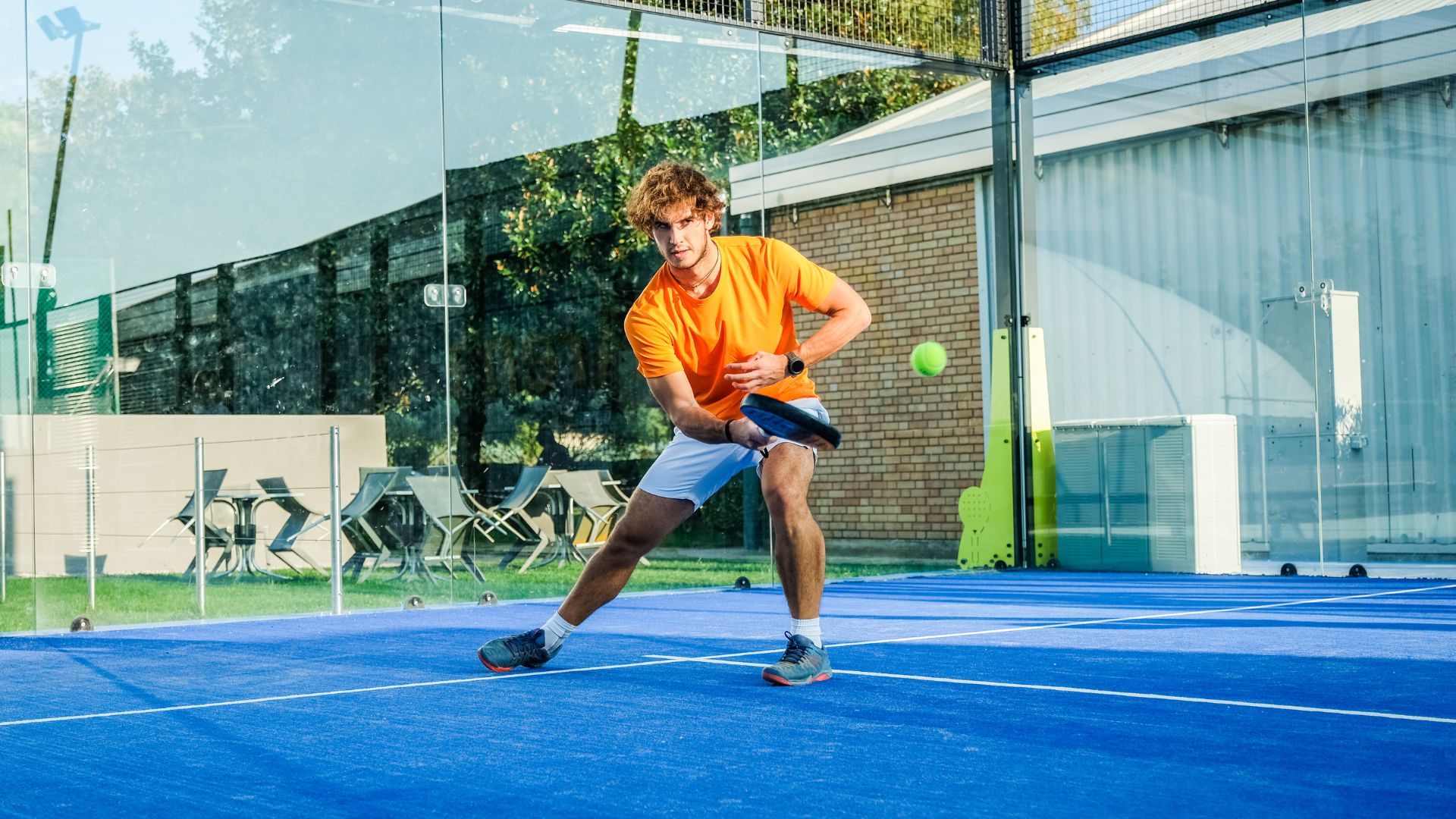
Problem No. 2: a management defect
The concern may also come from the management of the center itself. Players may find themselves dissatisfied for various reasons: difficulty booking, lack of information, or lack of post-match community life.
The reasons can vary: unfriendly welcome, sub-optimized facilities, or lack of visibility due to insufficient communication.
It is surprising to note that clubs, ready to invest massively in their project, choose to limit their communication expenses. Finding a wise financial balance is crucial, and this should be planned from the start.
Current notoriety does not guarantee future success. This goes for clubs, brands and media. Players, by nature volatile, will go where the conditions seem better to them. Don't blame them; the problem perhaps lies in the management of the center.
Problem #3: Competition
It is essential to analyze the planned location area. THE padel, which has become a very popular sport, attracts the attention of both the private and public sectors.
Moreover, we see town halls or communities, still cautious 3 or 4 years ago, embarking on investments around padel to sometimes renew an aging sports park and invest in “exploding” sport.
Investing in an area likely to see the emergence of numerous competing public structures must be carefully considered. Although the presence of public clubs can boost interest in padel, relations between sectors are not always harmonious. Please note, public clubs are important in the development of padel In France. The FFT is also counting on it as part of the territorial network. Above all, we must not pit one against the other. But the objectives and ambitions are not always the same.
Private operators, faced with significant investments, high rents and autonomous management, must analyze and plan with precision to avoid unpleasant surprises.
Investment in clubs with at least three or four tracks is often recommended, especially in high density areas, in order to offer higher quality facilities than those in the public sector.
Our advice
Read Padel Magazine !
1/ More seriously, the site provides a unique professional directory with all the main players in the padel :
2/ And then, you can also enjoy, at times, some good tips, even if you always have to be very careful when buying second-hand.
3/ You also have the opportunity to increase your experience as players of padel :
- Training and internships padel
- The general platform: Racket Trip
4/ Take a look at:
5/ Additional information
- The shops of padel
- Companies in software / cameras / videos / Streamings
- Educational materials/aids for the club
6/ It’s obvious, but get closer to your Federations or your local leagues.
Franck Binisti discovers the padel at the Club des Pyramides in 2009 in the Paris region. Since padel is part of his life. You often see him touring France going to cover the major events of padel French.

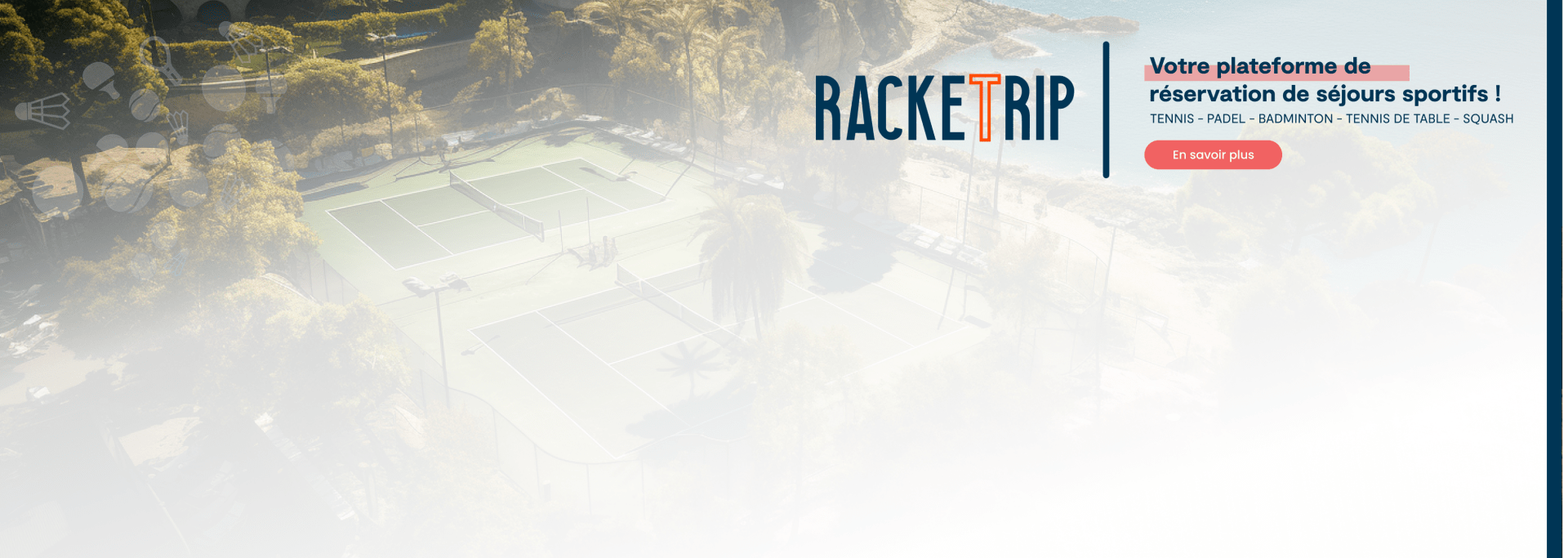


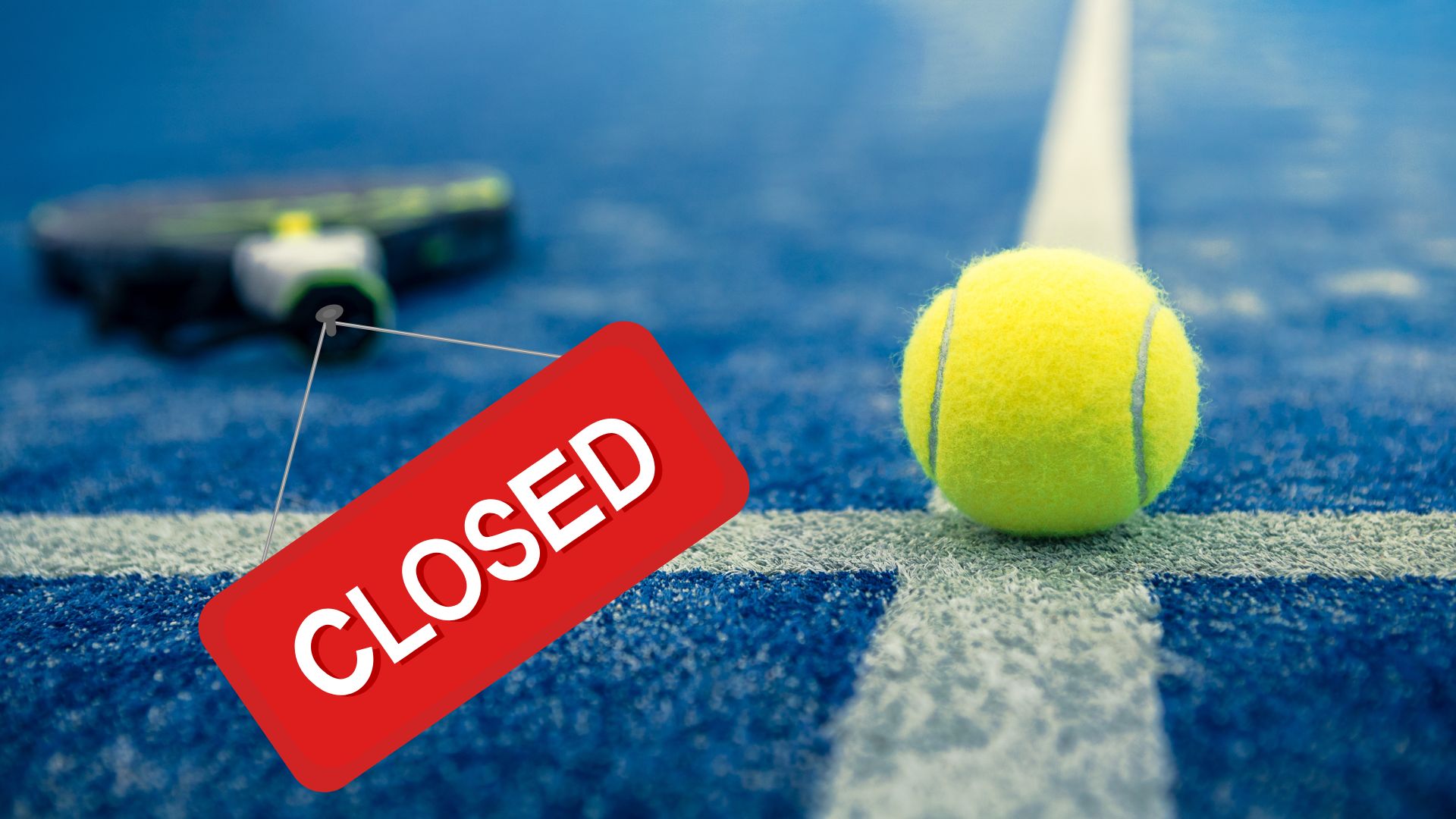

























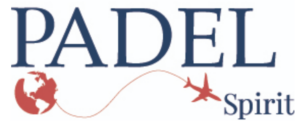


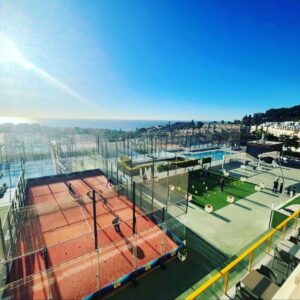




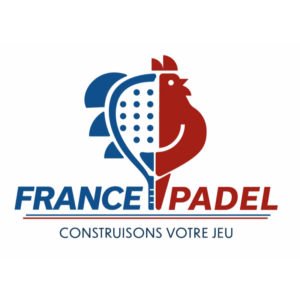















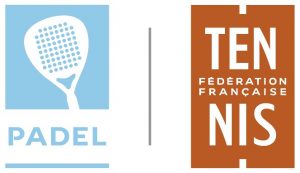










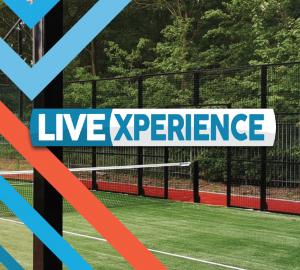




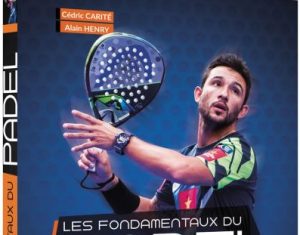


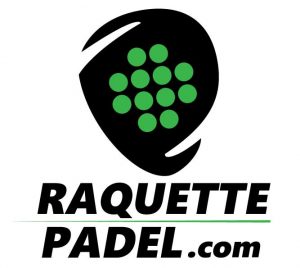










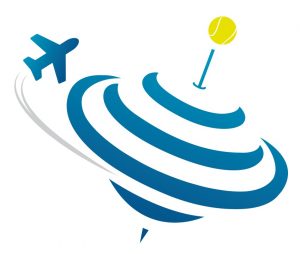
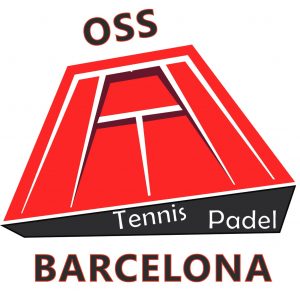
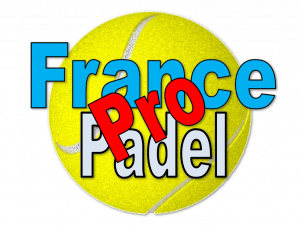




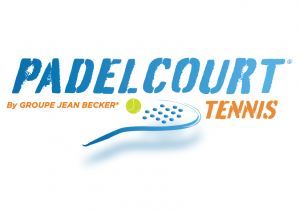


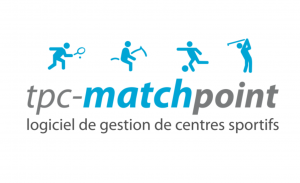

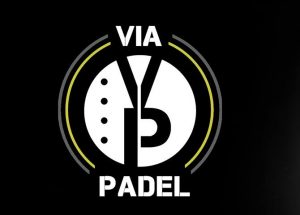




 Premier Padel Brussels P2 – A 2.0 version of the final in Chile?
Premier Padel Brussels P2 – A 2.0 version of the final in Chile? P1000 PadelShot Saint-Étienne – Pierre Vincent and Arthur Hugounenq, the kings of the “comeback”
P1000 PadelShot Saint-Étienne – Pierre Vincent and Arthur Hugounenq, the kings of the “comeback” Premier Padel Brussels P2 – Brea/Gonzalez, a tenth title together!
Premier Padel Brussels P2 – Brea/Gonzalez, a tenth title together! Guillaume Codron de Sud Padel : “A family project”
Guillaume Codron de Sud Padel : “A family project”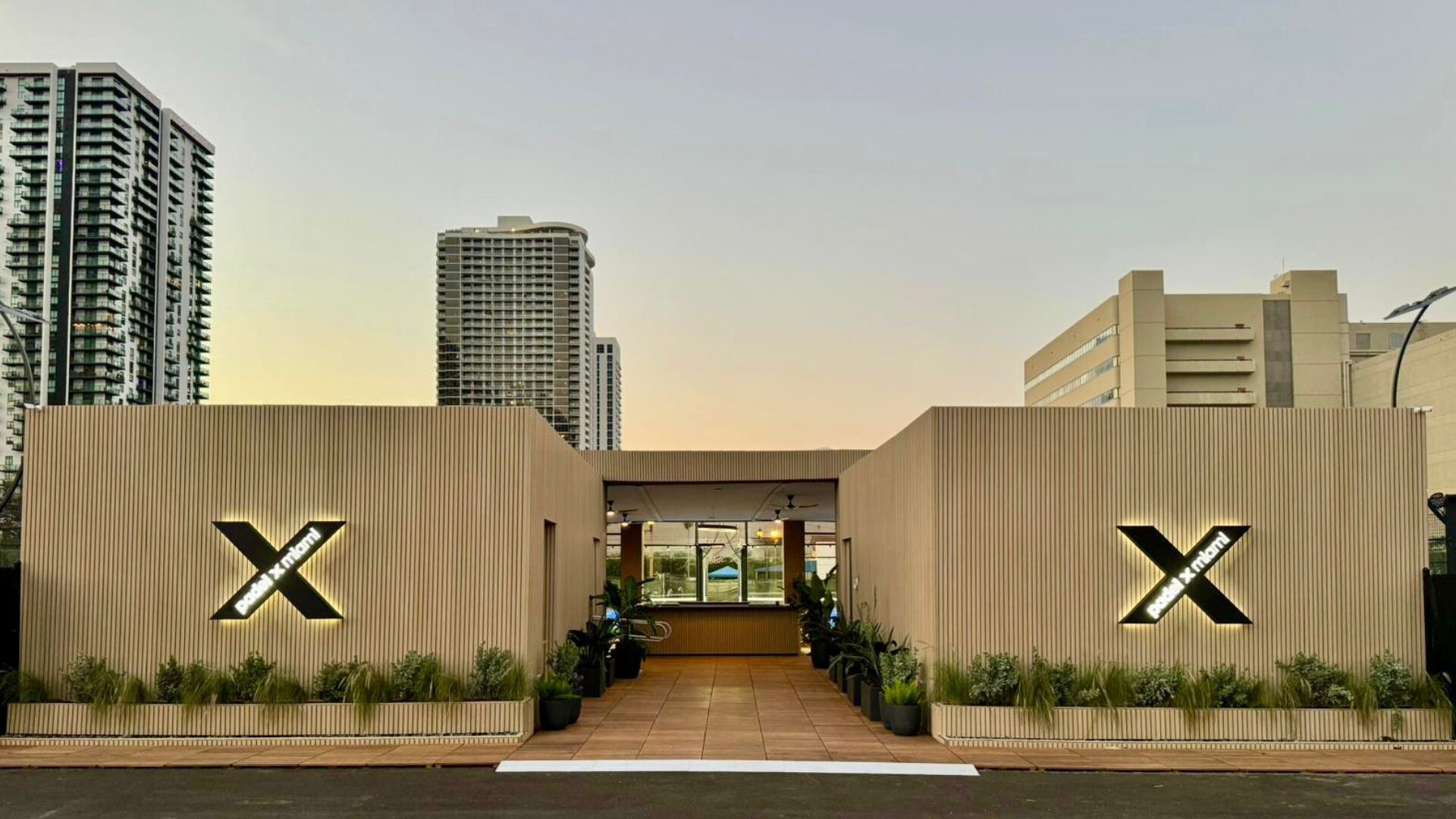 Nallé Grinda: “Democratize the padel in the USA with PadelX "
Nallé Grinda: “Democratize the padel in the USA with PadelX "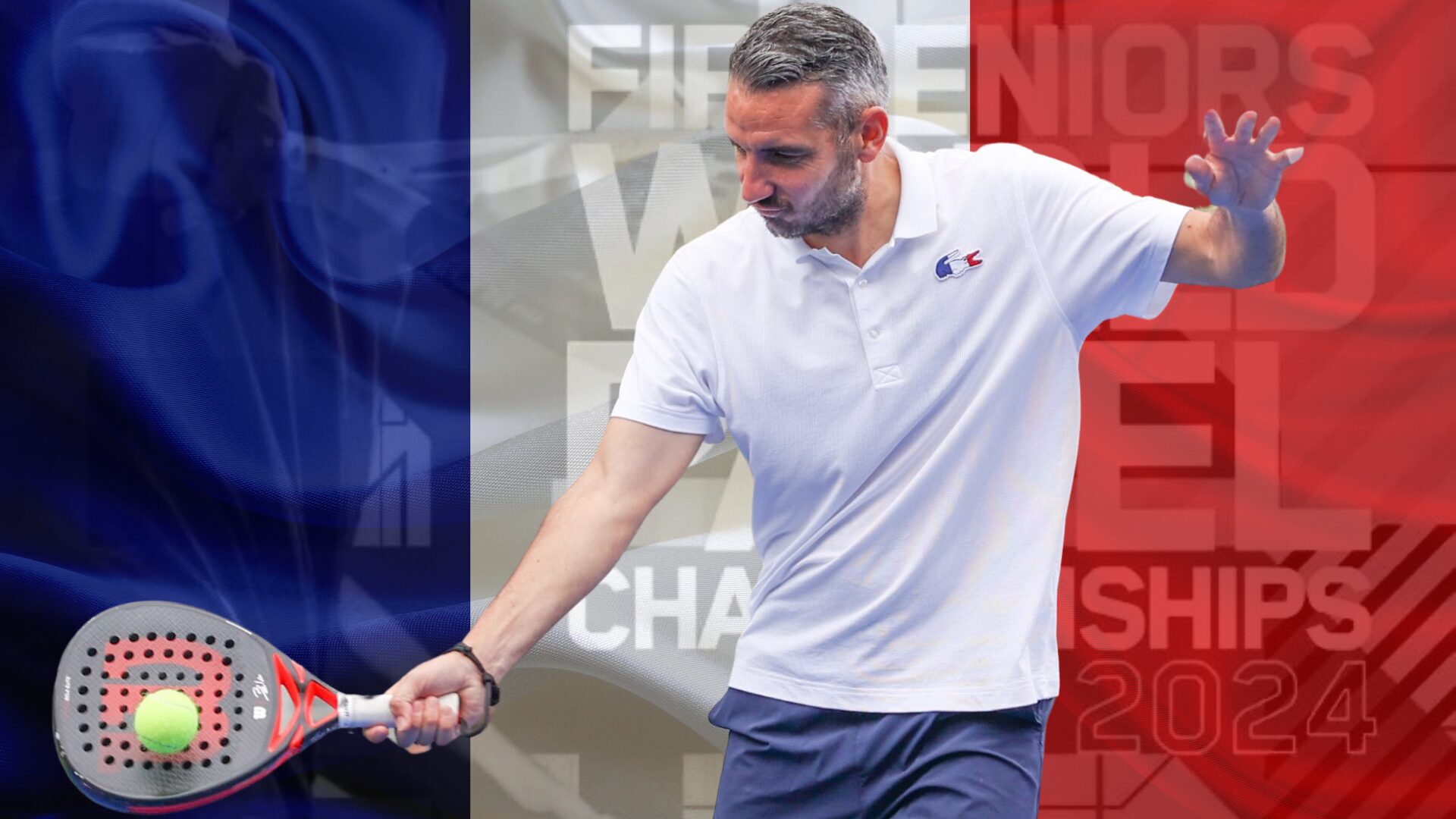 Simon Boissé: “We know that there are two nations in front of us”
Simon Boissé: “We know that there are two nations in front of us”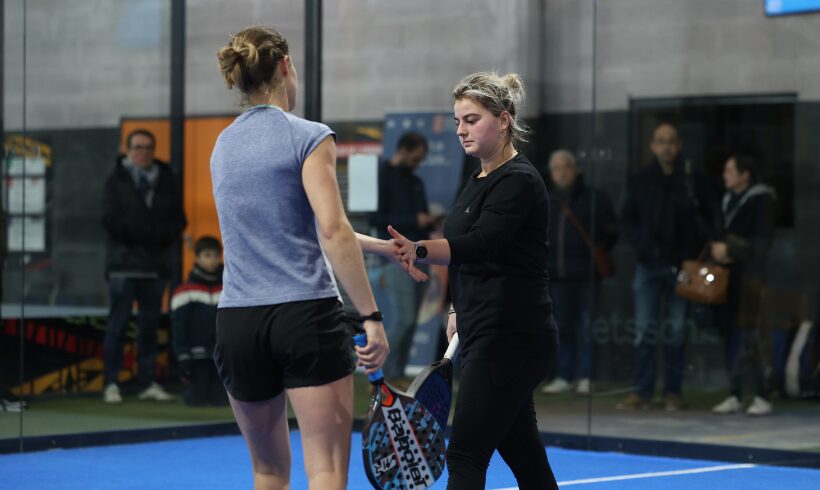 Marie Maligo: “This period of frequent changes of partners was beneficial for me”
Marie Maligo: “This period of frequent changes of partners was beneficial for me” P1000 PadelShot Saint-Étienne – Watch the Hugounenq/Vincent – Seux/Courrin semi-final live
P1000 PadelShot Saint-Étienne – Watch the Hugounenq/Vincent – Seux/Courrin semi-final live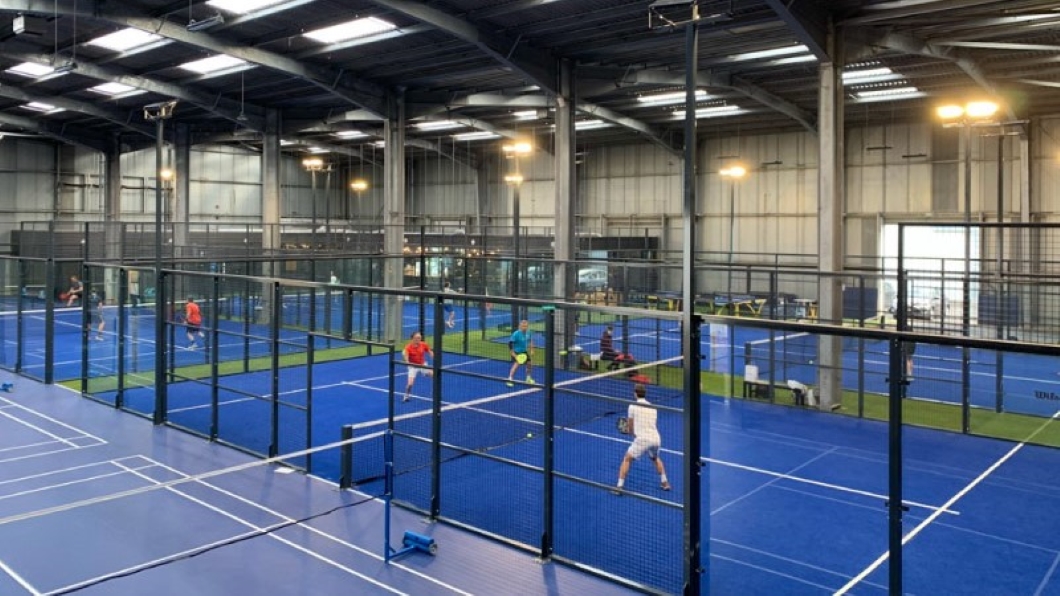 P1000 PadelShot Saint-Étienne – Follow the surprise poster Vincent/Hugounenq – Couturier/Benmergui live
P1000 PadelShot Saint-Étienne – Follow the surprise poster Vincent/Hugounenq – Couturier/Benmergui live The All Star Tour returns on May 16 at the All In in Lyon
The All Star Tour returns on May 16 at the All In in Lyon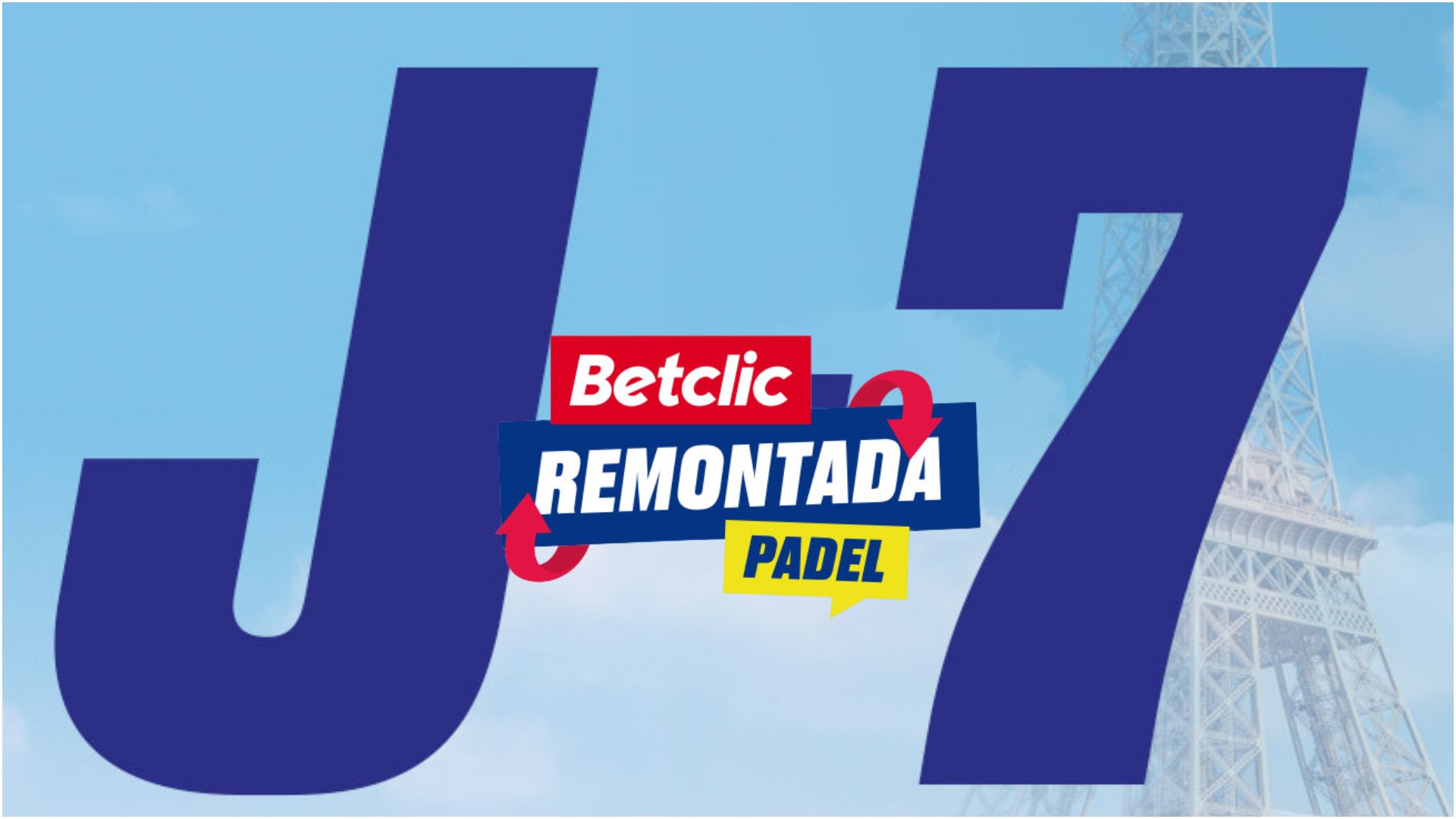 D-7 of the “BetClic Remontada Padel”, at the foot of the Eiffel Tower
D-7 of the “BetClic Remontada Padel”, at the foot of the Eiffel Tower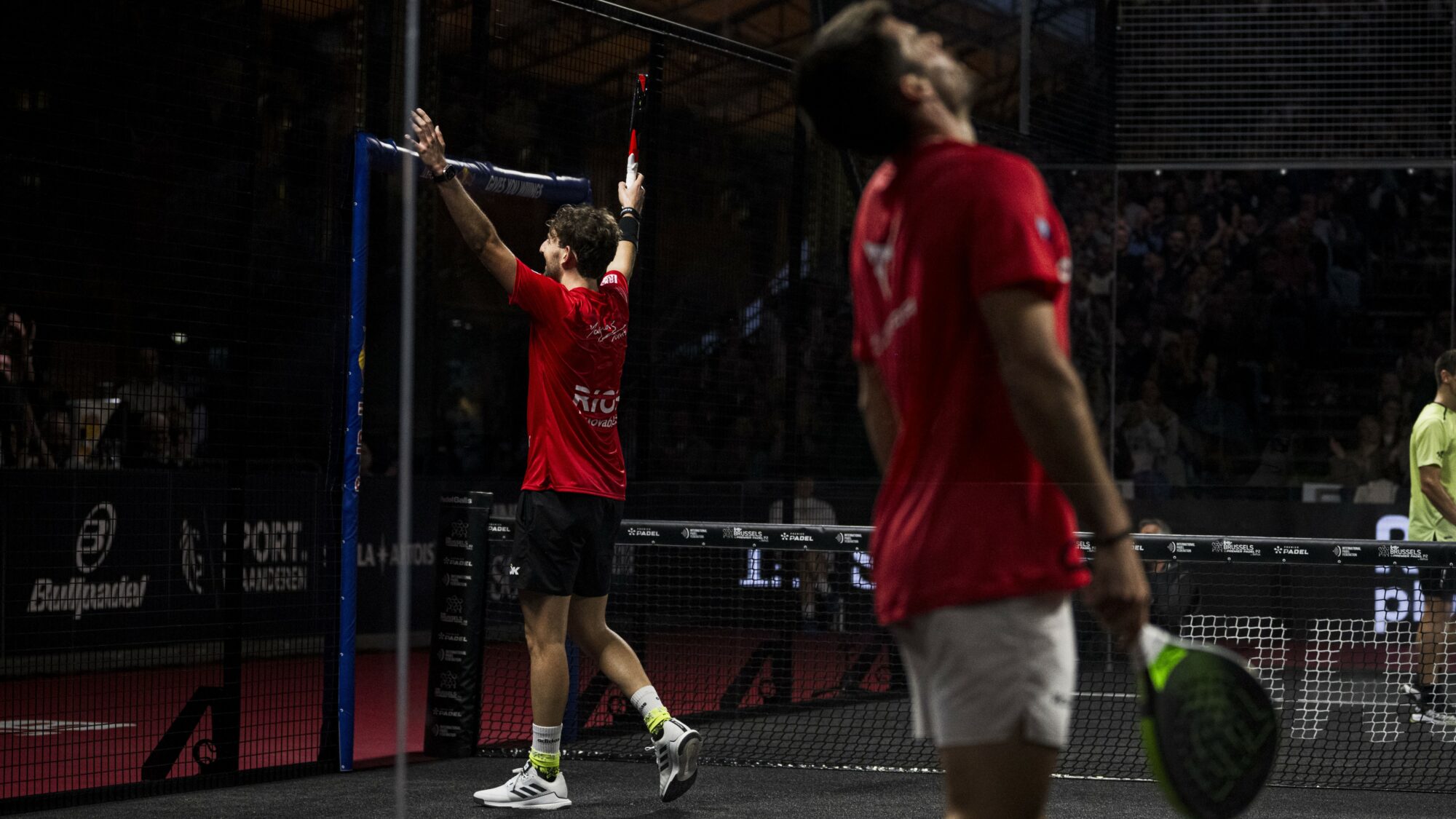 Obviously, Javi Garrido's service does not please Mike Yanguas...
Obviously, Javi Garrido's service does not please Mike Yanguas...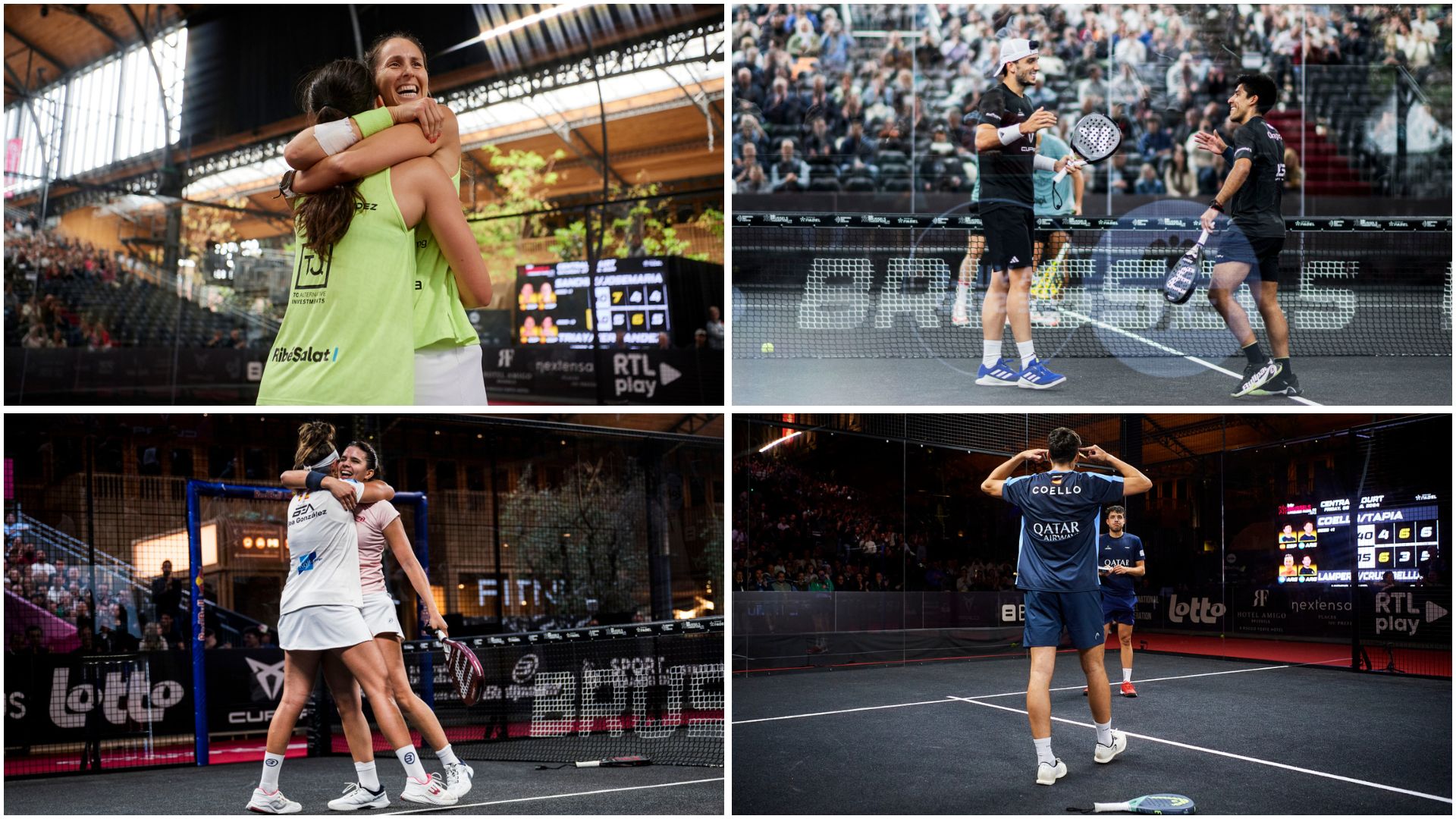 Premier Padel Brussels P2 – It’s time for the long-awaited finals!
Premier Padel Brussels P2 – It’s time for the long-awaited finals!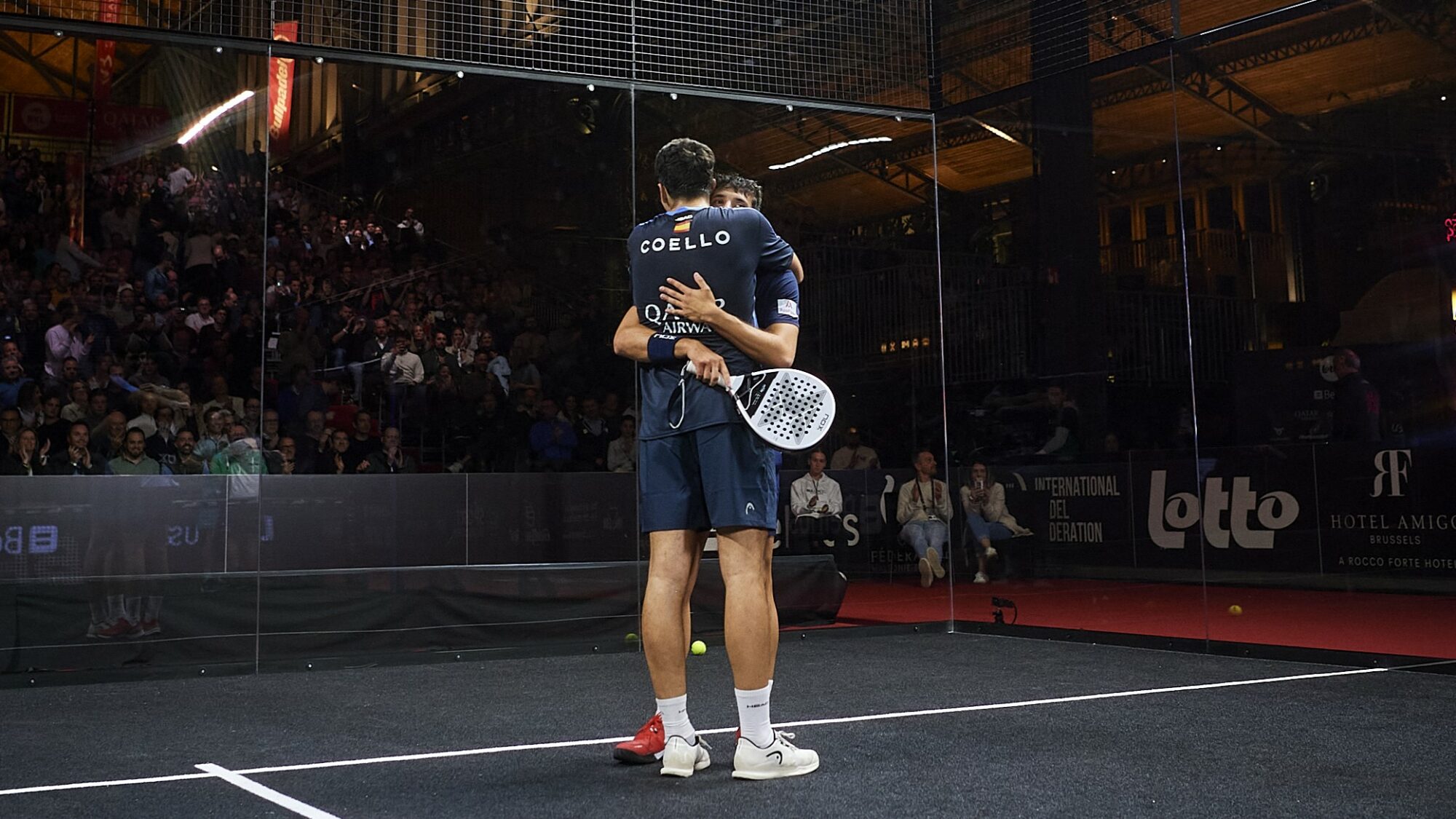 Premier Padel Brussels P2 – Arturo Coello and Agustín Tapia… obviously
Premier Padel Brussels P2 – Arturo Coello and Agustín Tapia… obviously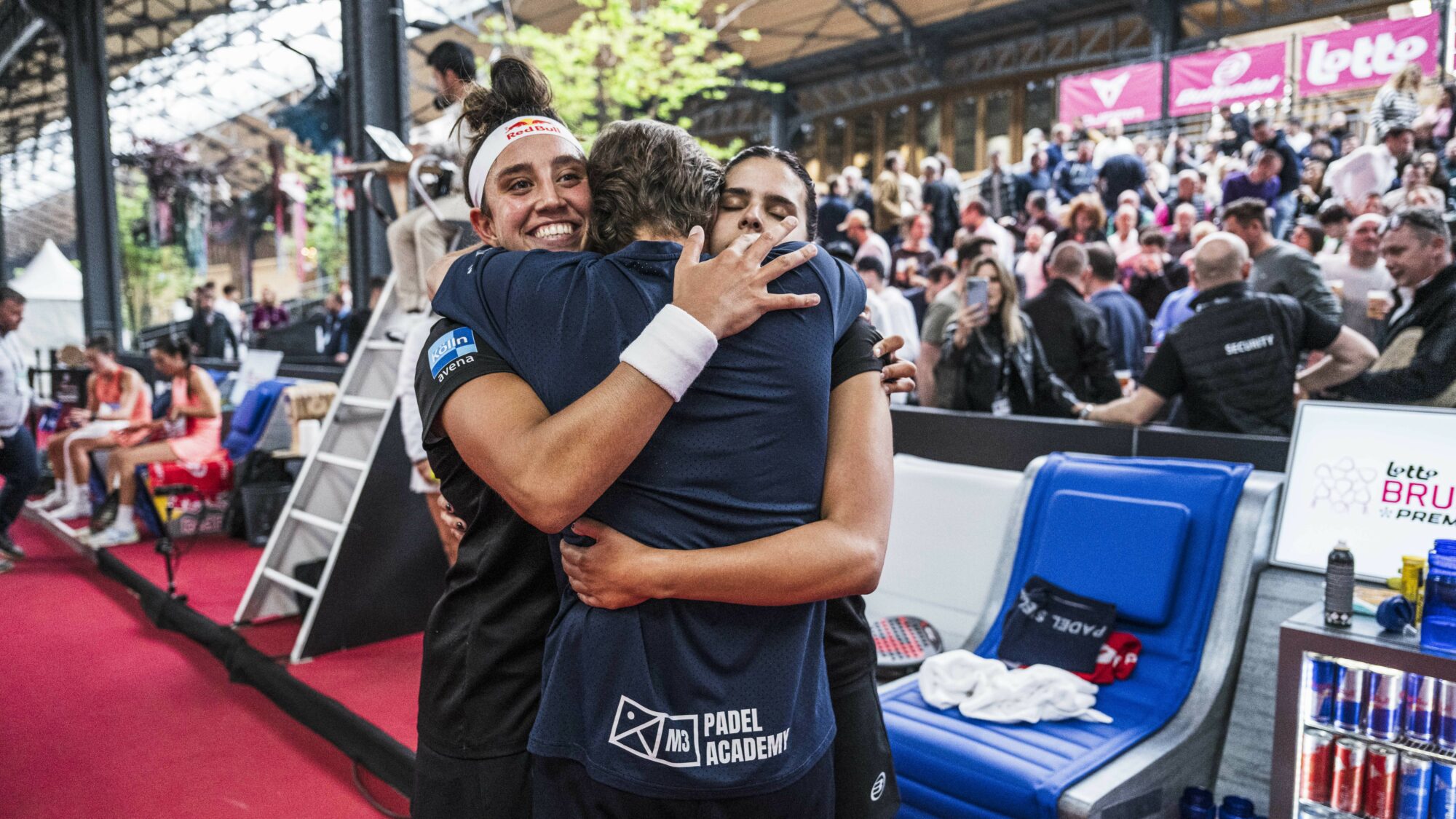 Premier Padel Brussels P2 – Brea/Gonzalez wins the arm wrestling against Salazar/Icardo
Premier Padel Brussels P2 – Brea/Gonzalez wins the arm wrestling against Salazar/Icardo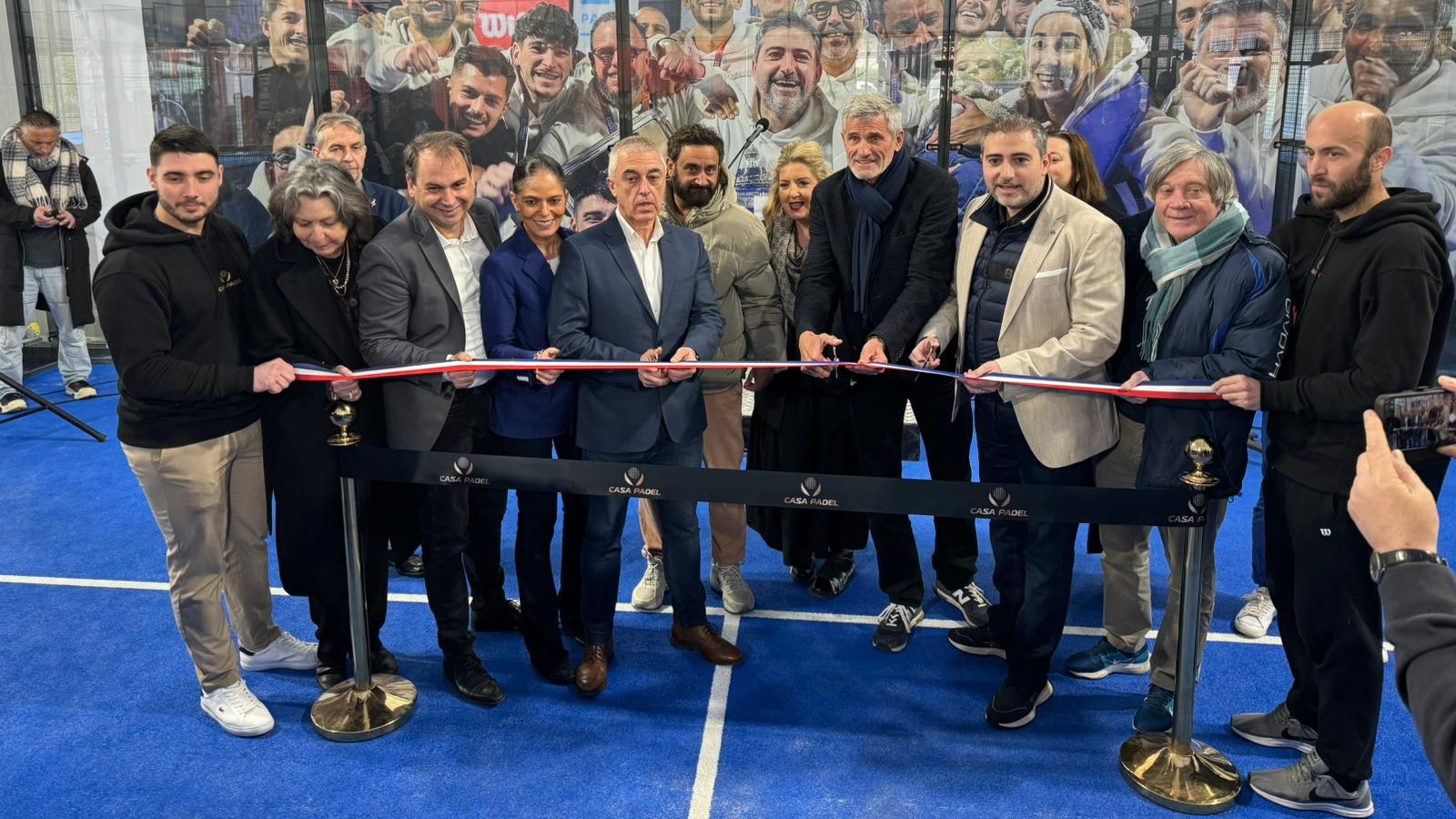 José Manuel Escin at the inauguration of Casa Padel DOS: “Finally, and thank you!”
José Manuel Escin at the inauguration of Casa Padel DOS: “Finally, and thank you!”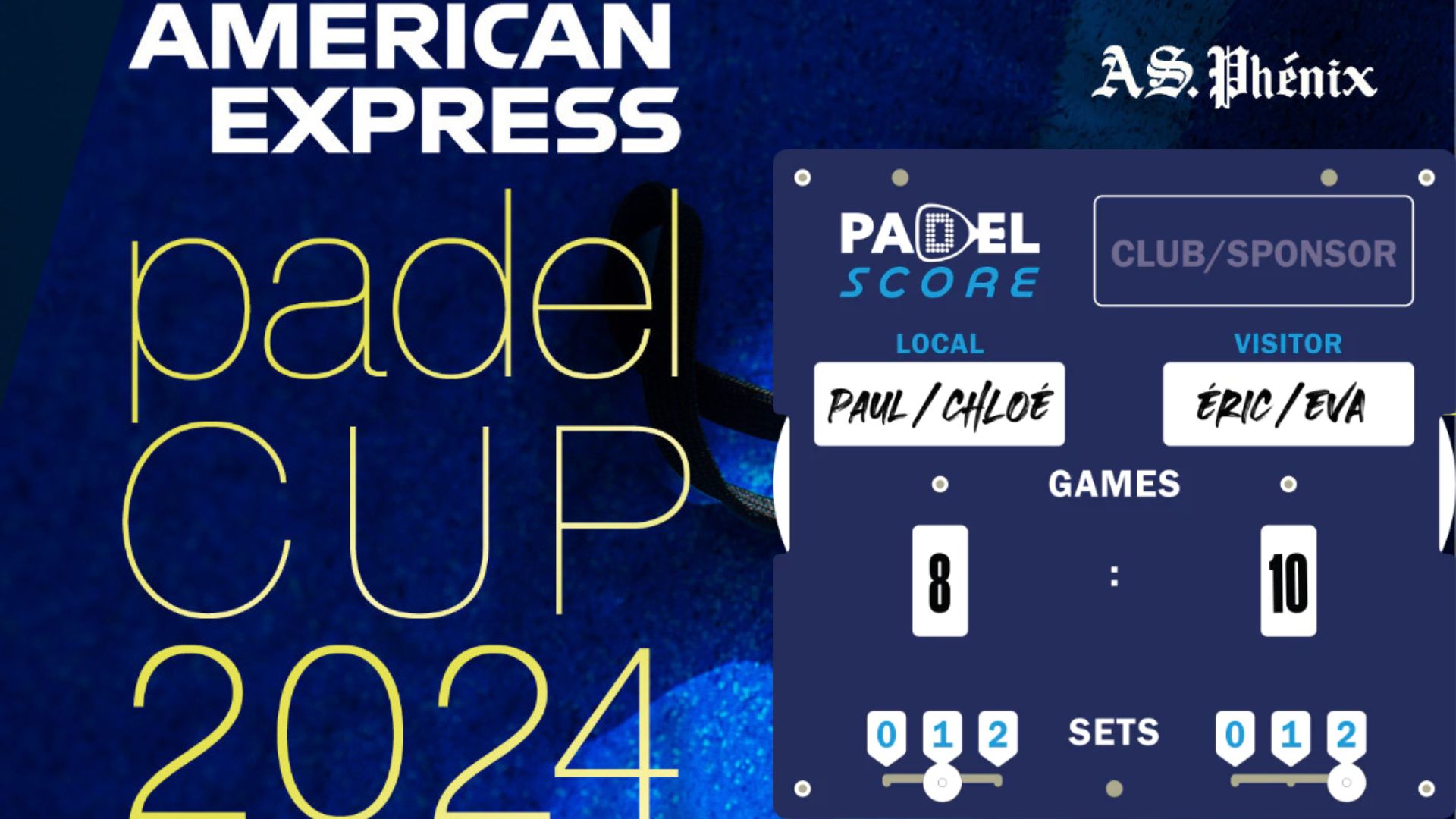 Padel Score comes to Tahiti for American Express Padel Cup!
Padel Score comes to Tahiti for American Express Padel Cup!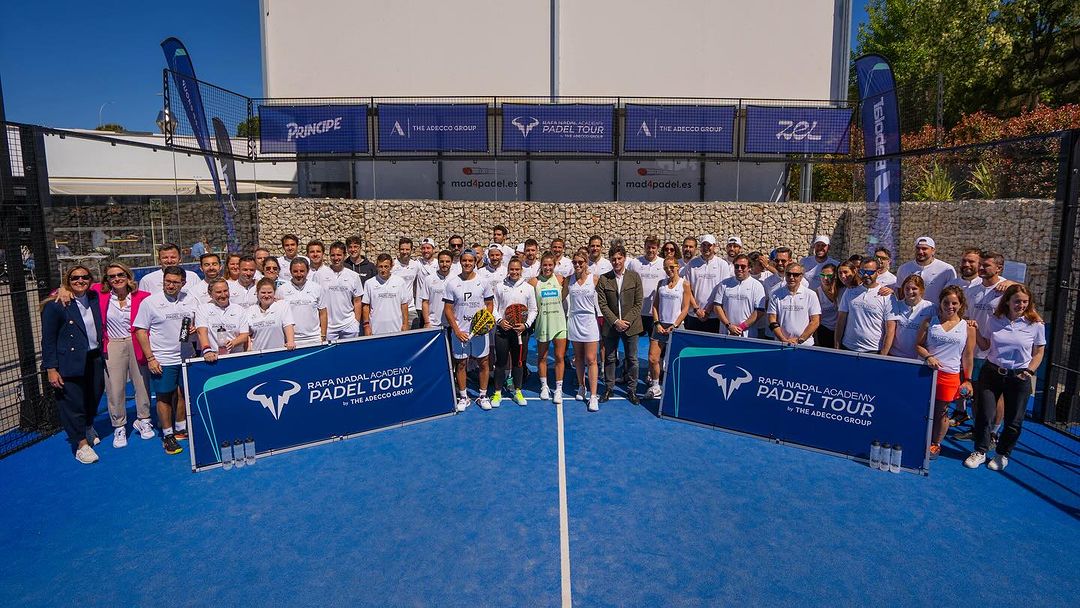 Do you know the Rafa Nadal Academy Tour?
Do you know the Rafa Nadal Academy Tour?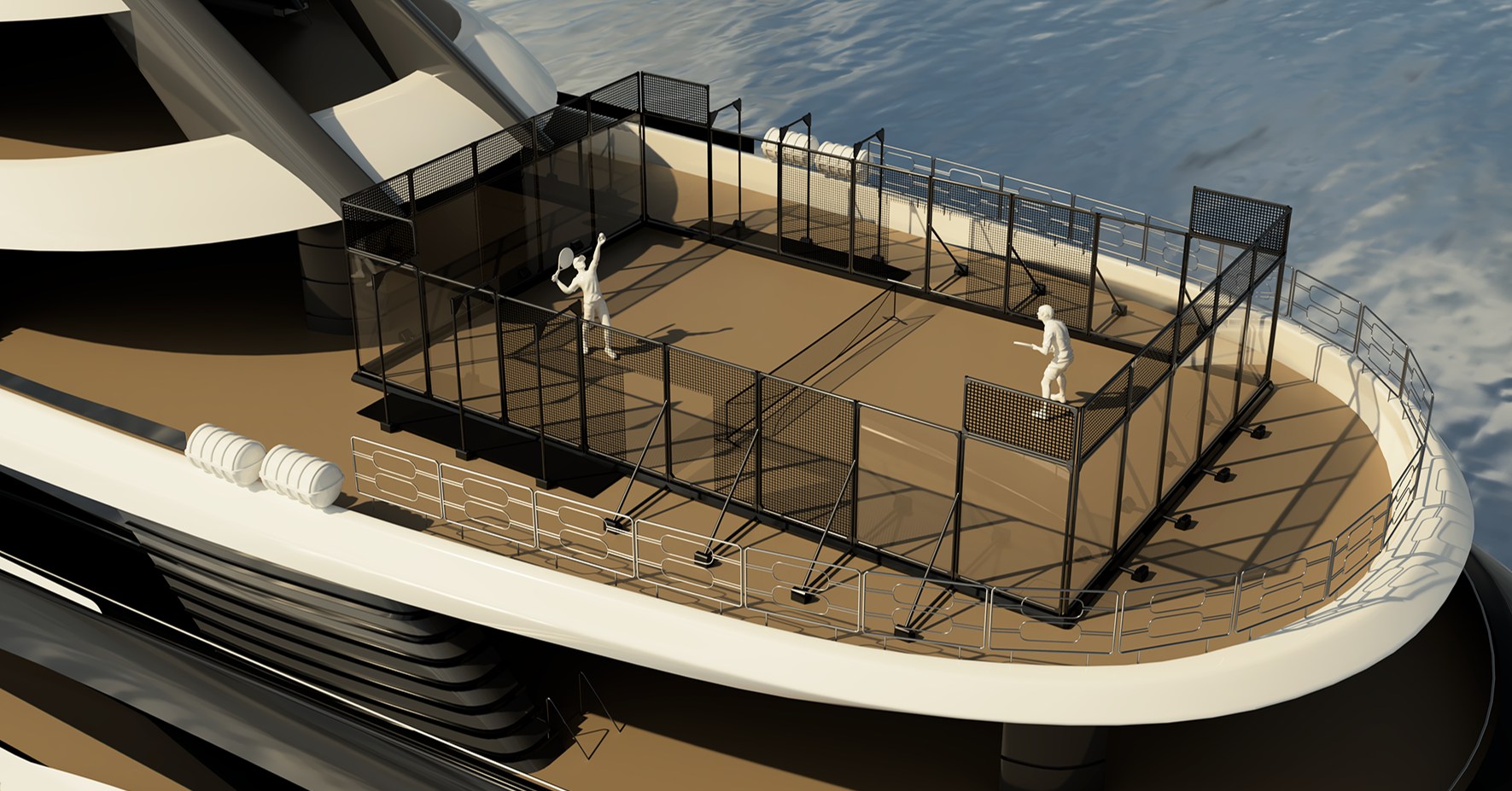 Play at padel on his yacht? Possible for €233.000!
Play at padel on his yacht? Possible for €233.000!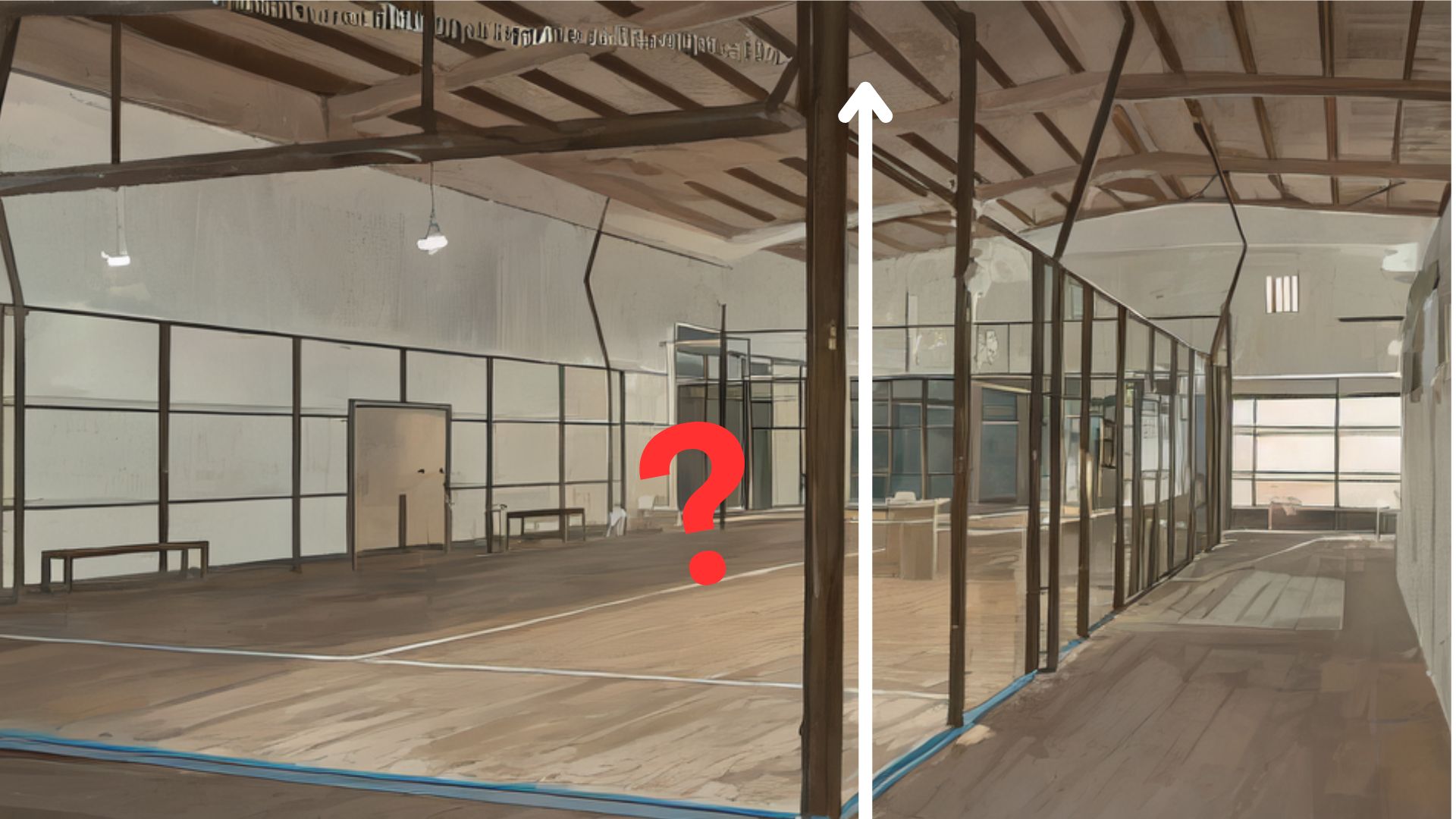 Find out everything about the dimensions of a plot of land padel
Find out everything about the dimensions of a plot of land padel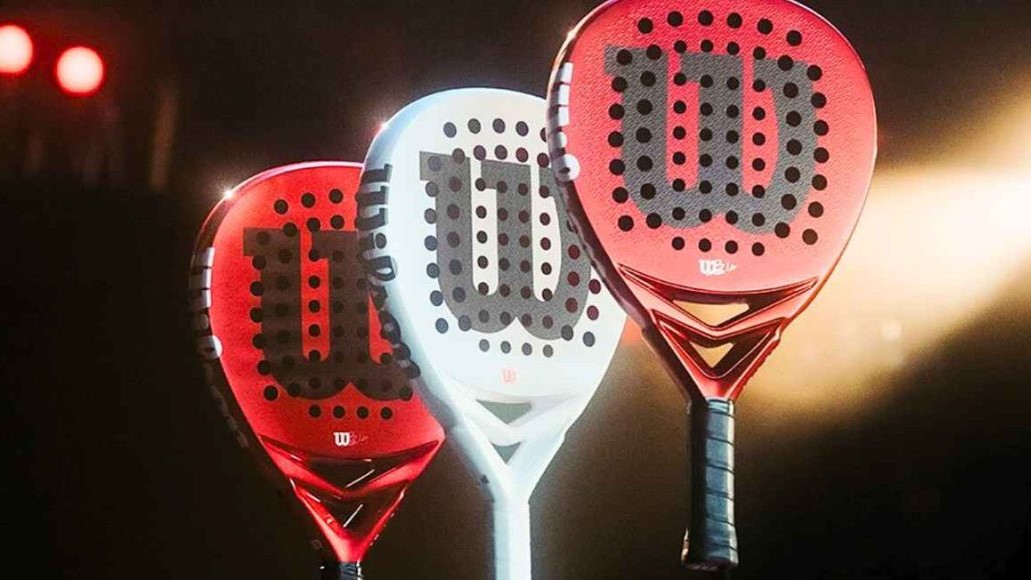 Presentation of the Wilson Bela V2.5 collection
Presentation of the Wilson Bela V2.5 collection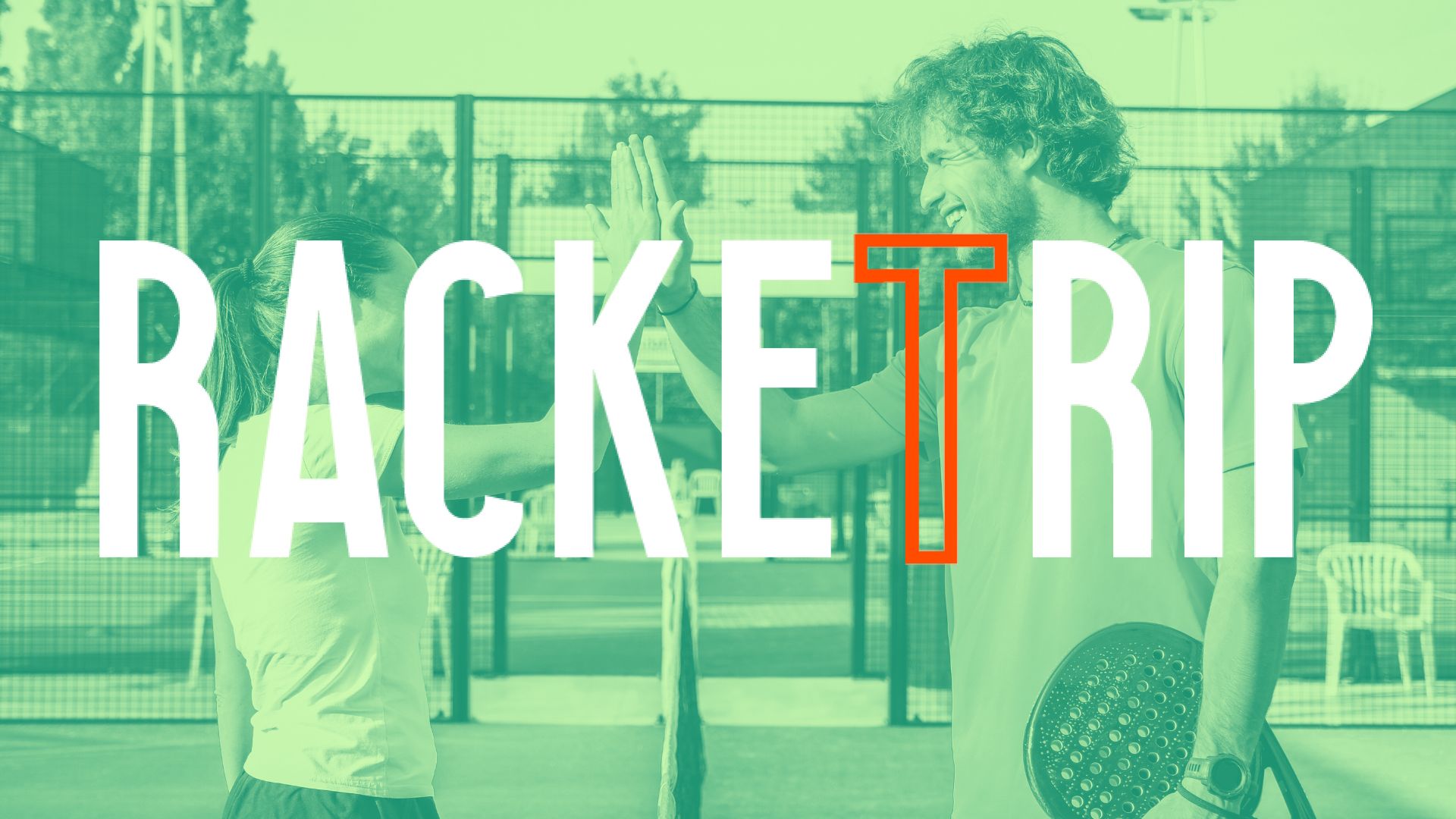 The LinkedIn of racquet sports: Racket Trip
The LinkedIn of racquet sports: Racket Trip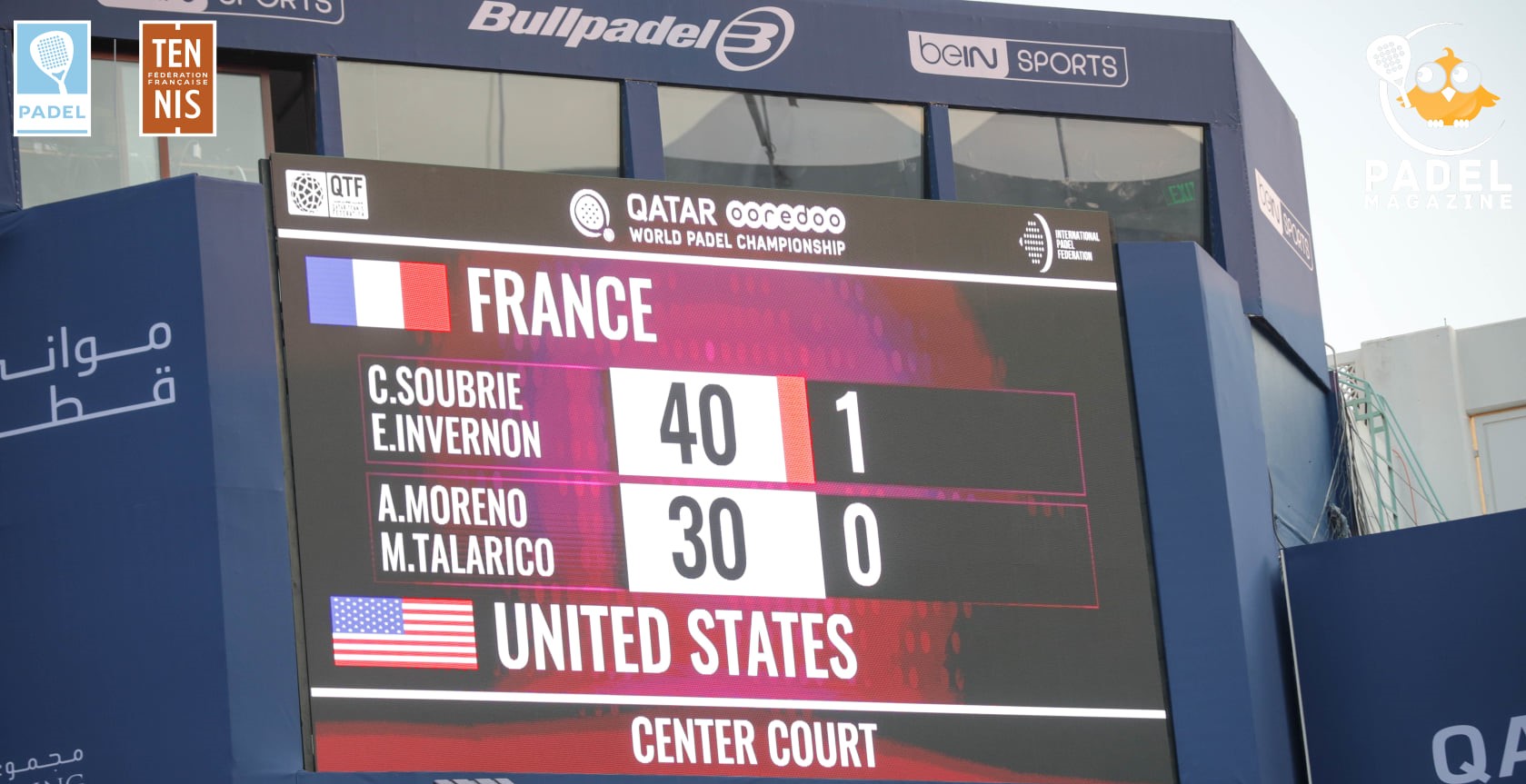 The score at padel : manual
The score at padel : manual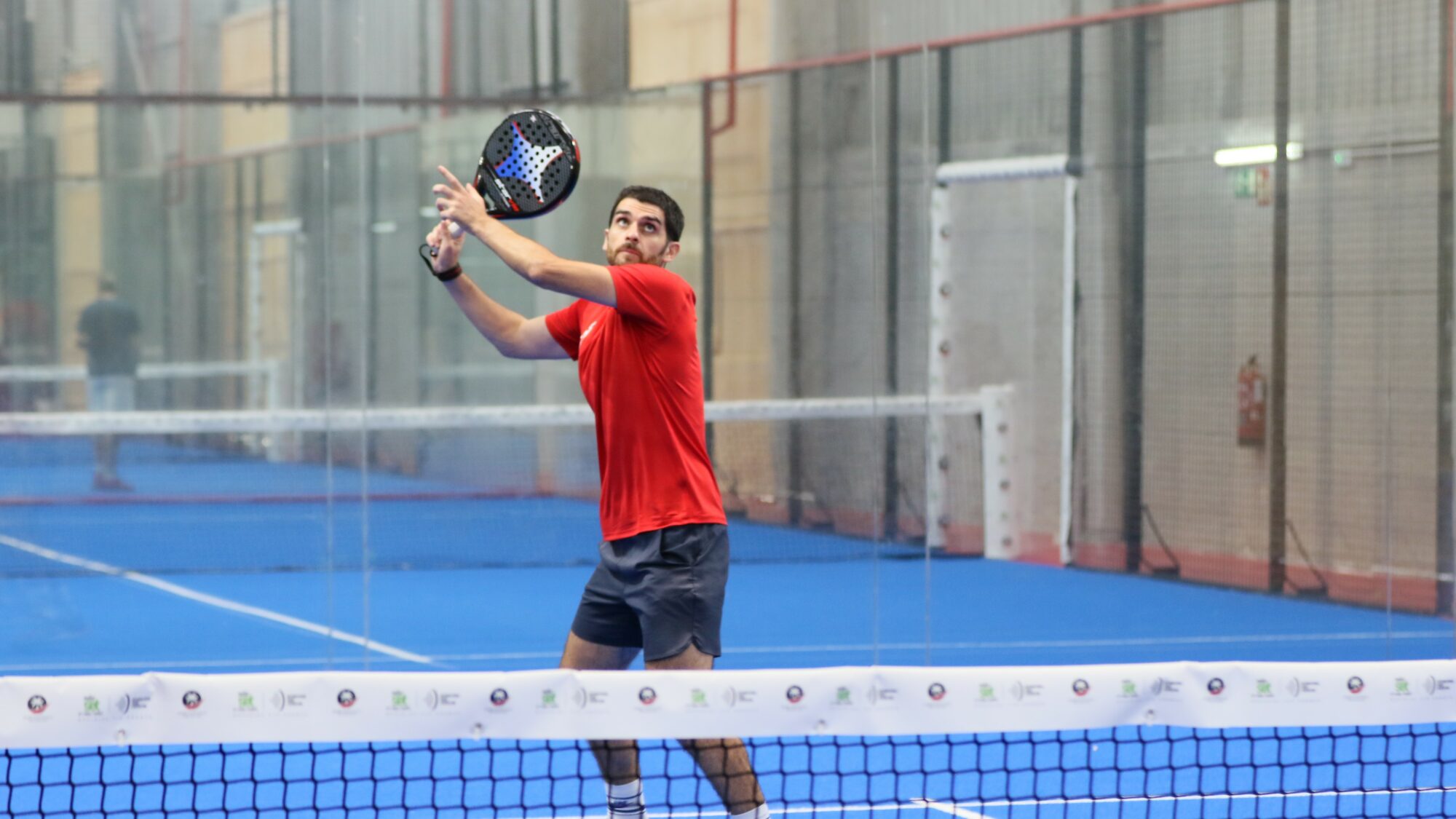 At the heart of padel – Episode 25: Paul and Andoni answer your questions
At the heart of padel – Episode 25: Paul and Andoni answer your questions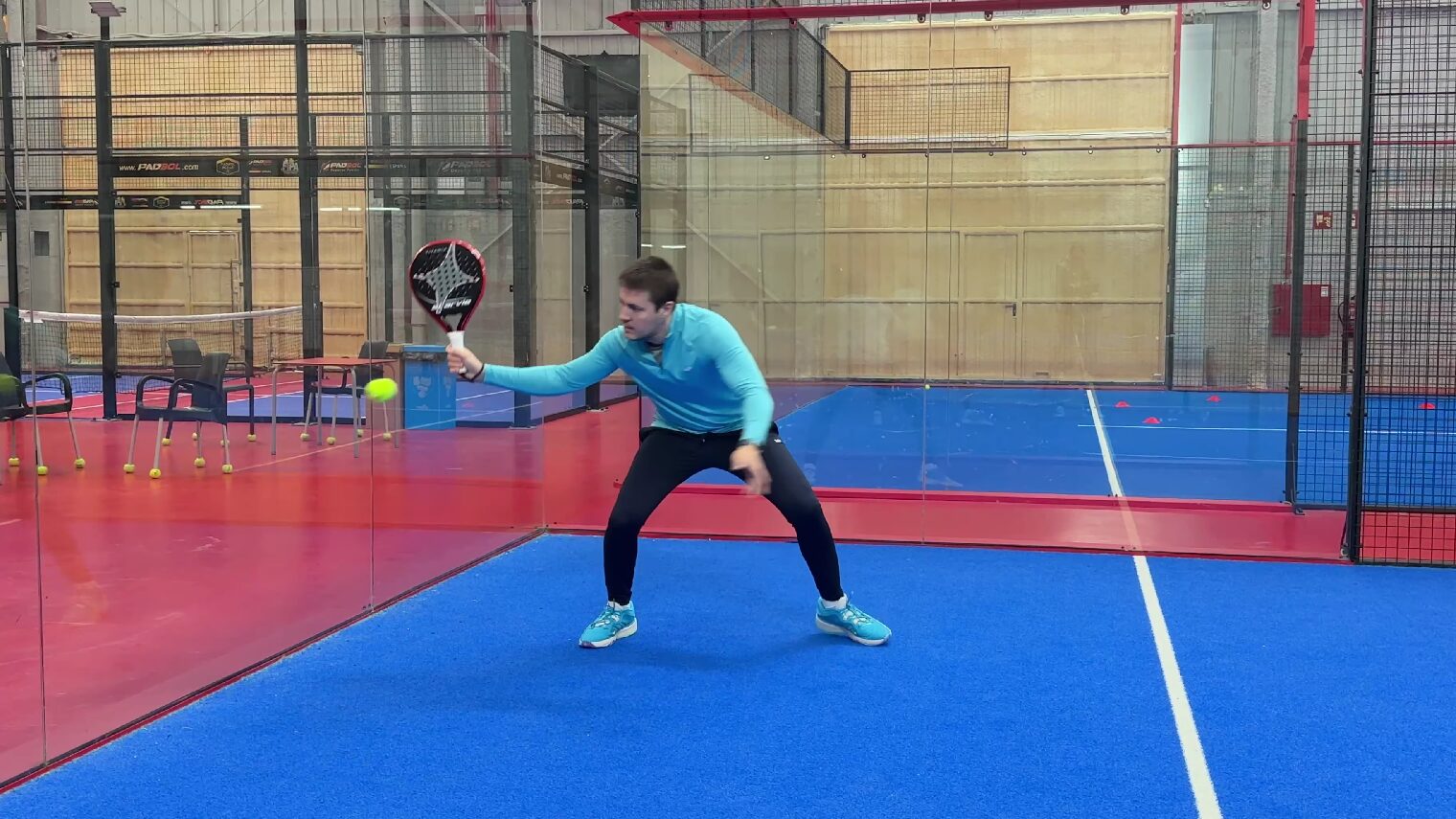 At the heart of padel – Episode 23: defend the window well
At the heart of padel – Episode 23: defend the window well Prohibition on playing topless Padel : the reasons
Prohibition on playing topless Padel : the reasons FIP Tour – Going far from Europe, THE strategy to earn points!
FIP Tour – Going far from Europe, THE strategy to earn points!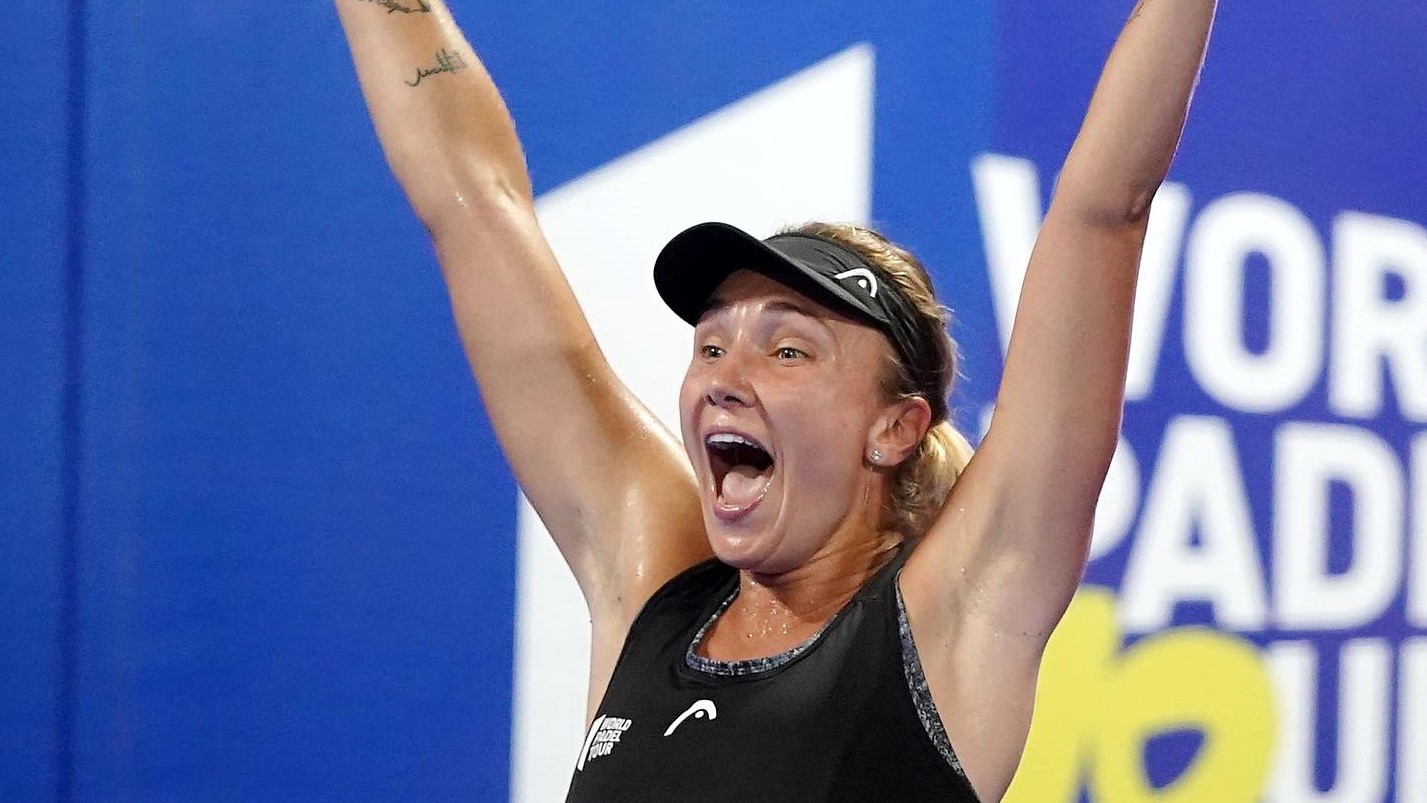 What is a good football player? padel ?
What is a good football player? padel ? “Lefties give me headaches when I play against them!”
“Lefties give me headaches when I play against them!”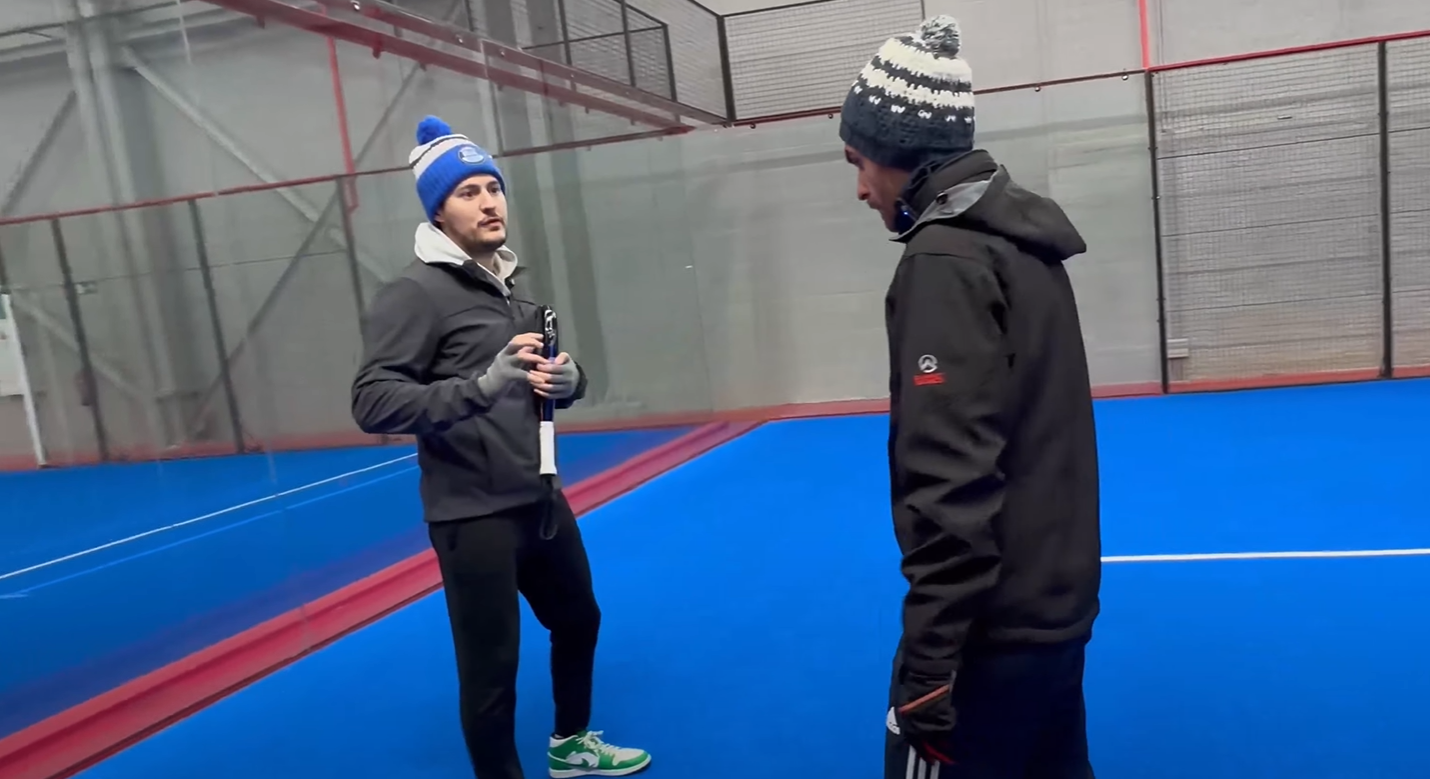 At the heart of padel – Episode 14: how to earn points in winter?
At the heart of padel – Episode 14: how to earn points in winter?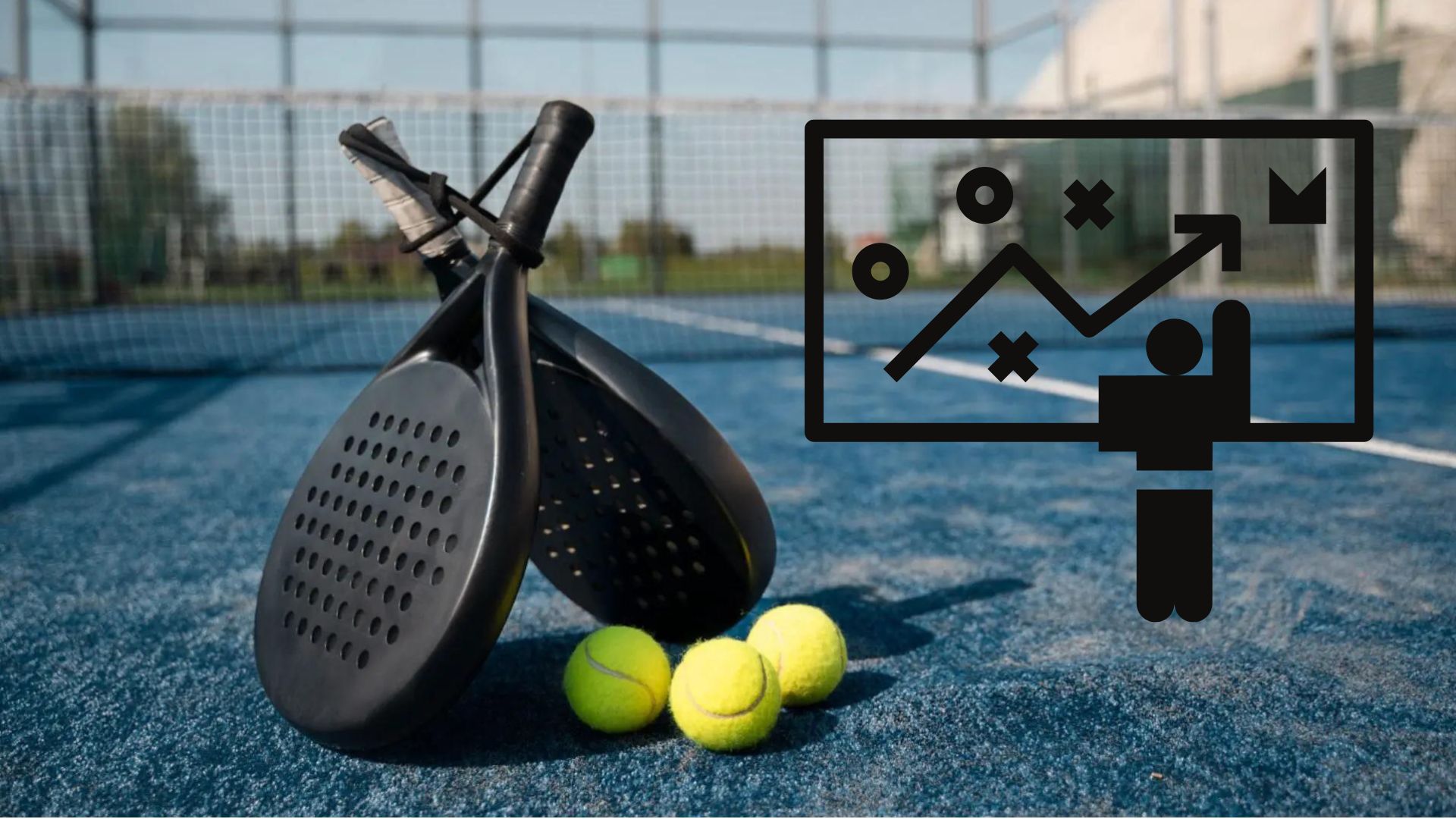 The basic tactics of padel
The basic tactics of padel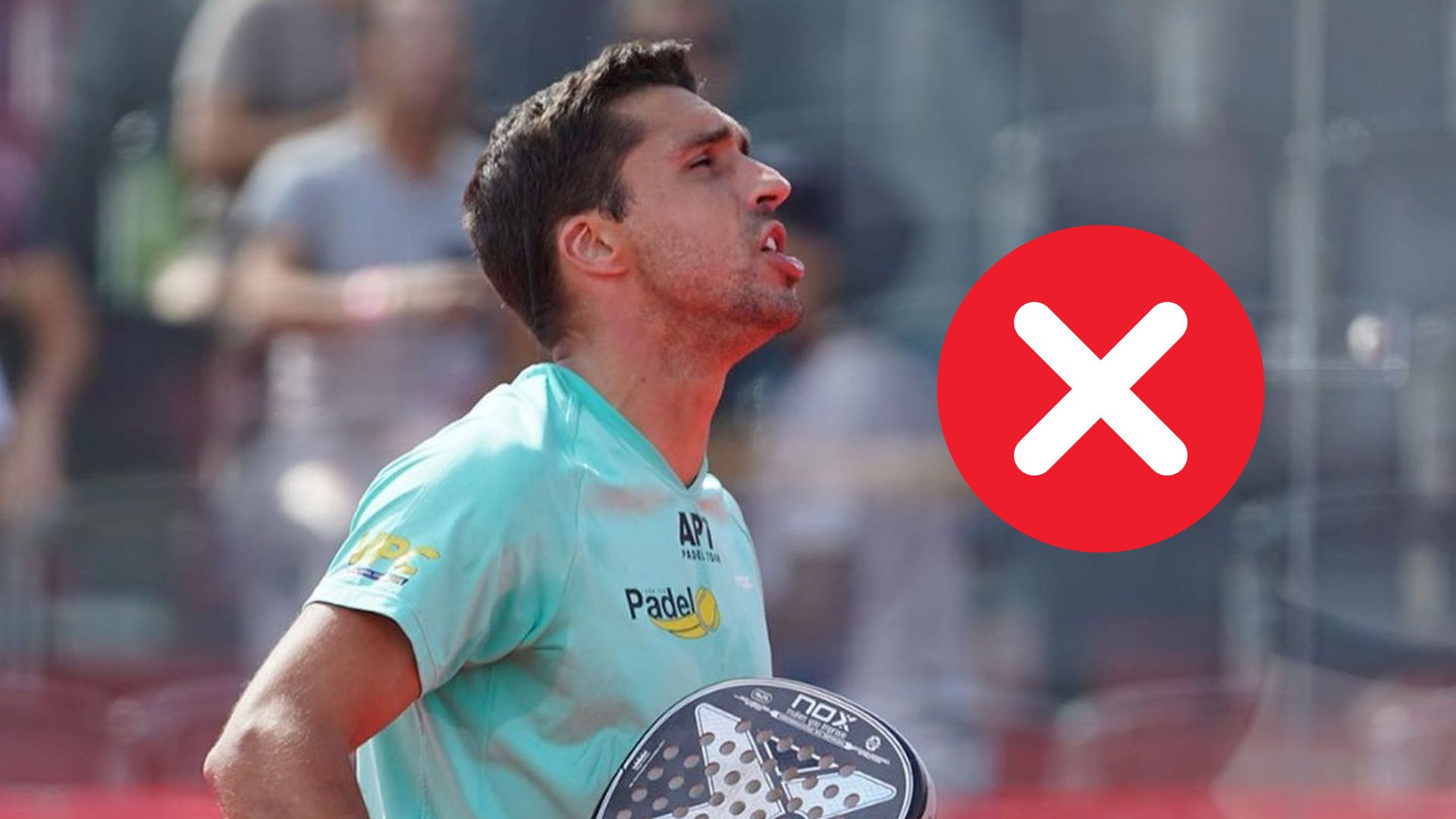 A par 4 is always a winner...even if you manage to defend it!
A par 4 is always a winner...even if you manage to defend it!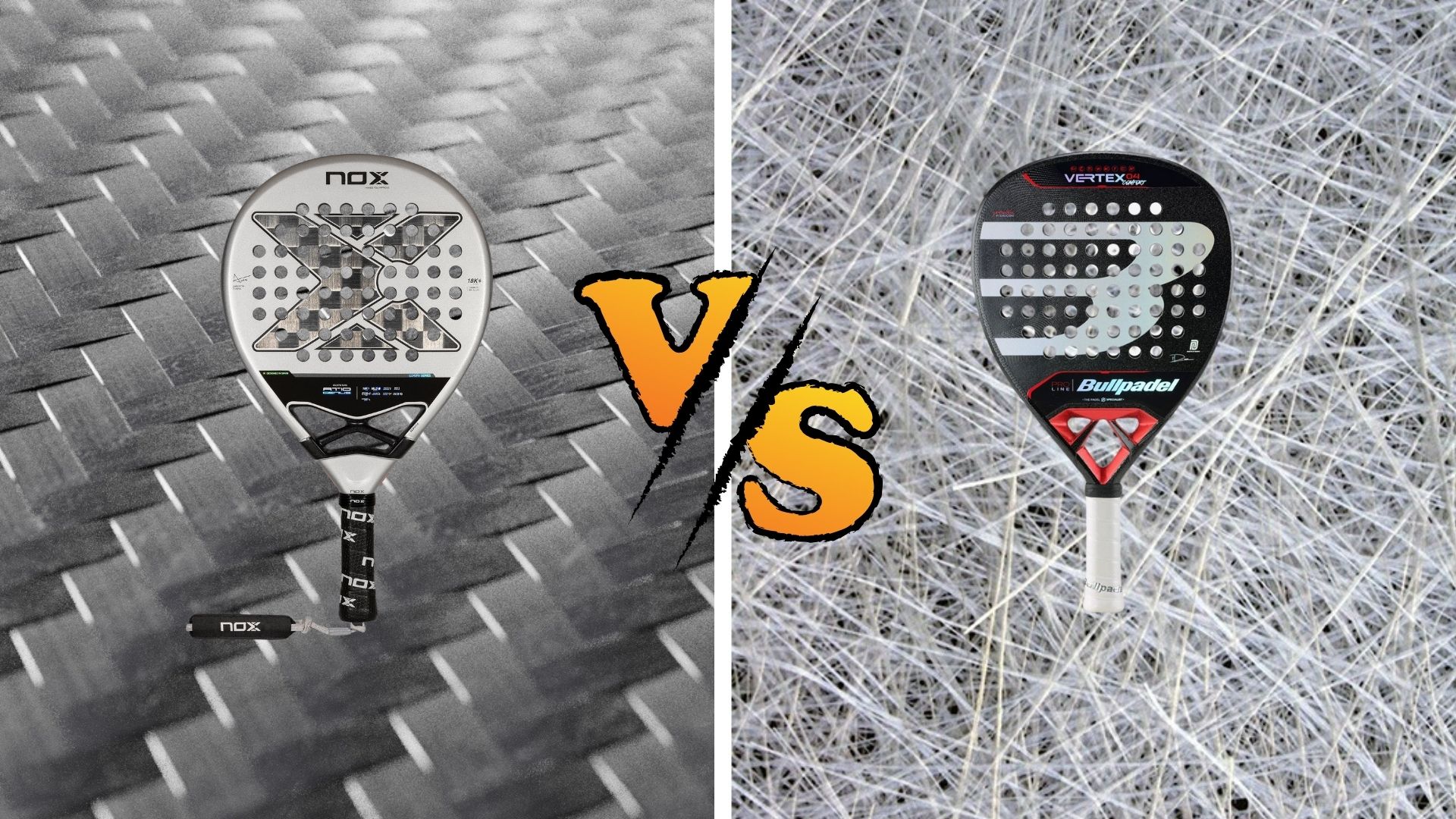 Carbon fiber VS fiberglass: what to choose?
Carbon fiber VS fiberglass: what to choose?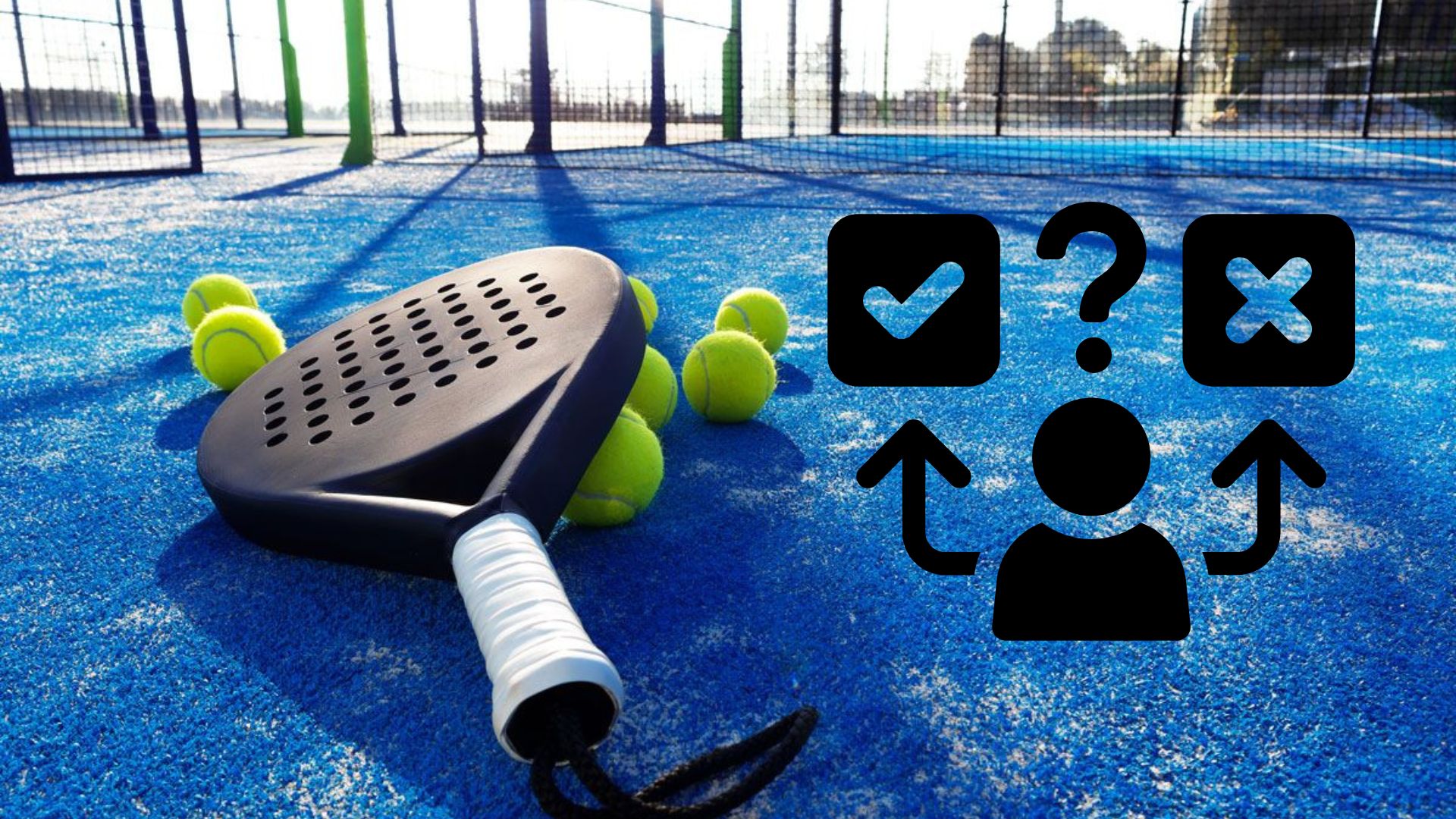 How to effectively test a racket padel ?
How to effectively test a racket padel ?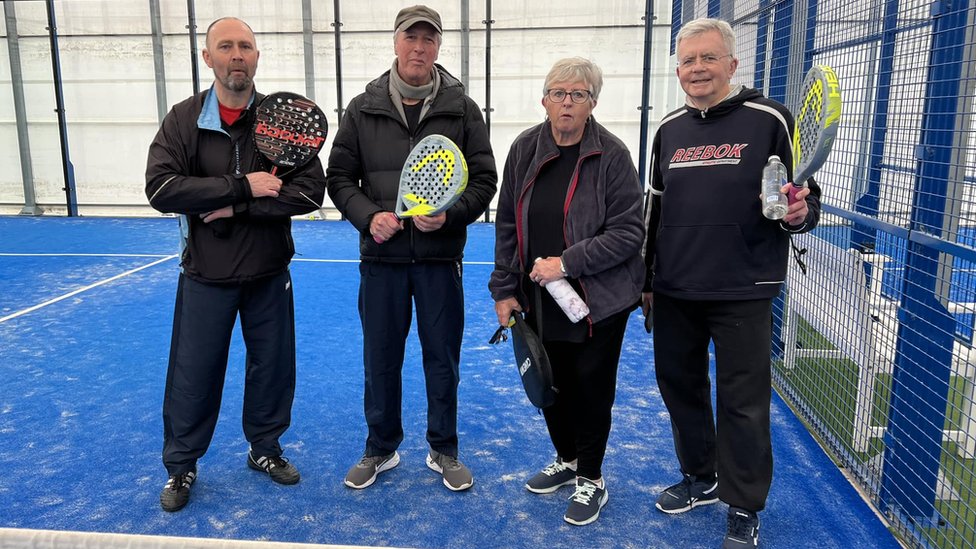 La padel to fight Parkinson's disease
La padel to fight Parkinson's disease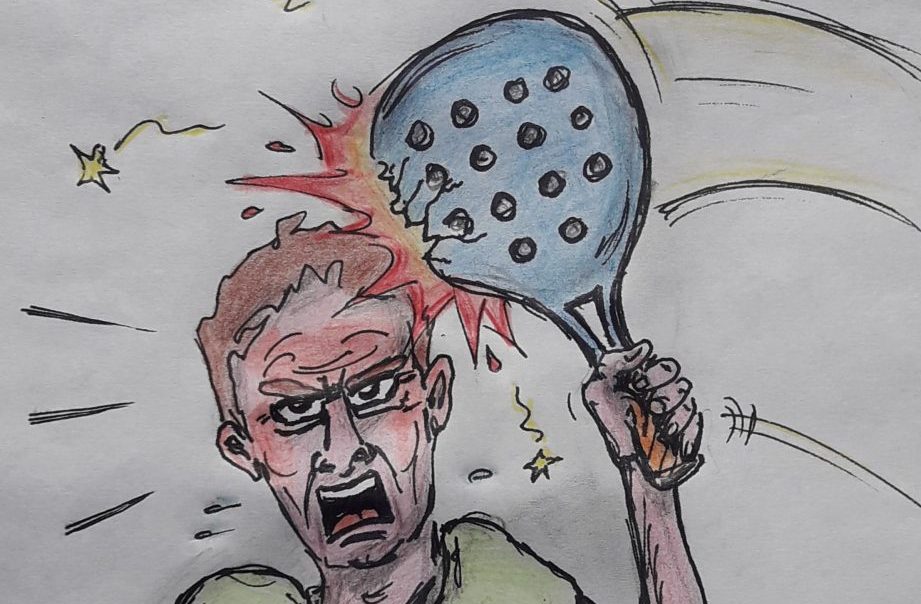 Don't play with a cracked or broken racket, your body will thank you!
Don't play with a cracked or broken racket, your body will thank you! Michel Cymes: “The padel, physically, it’s serious!”
Michel Cymes: “The padel, physically, it’s serious!” Our Top 10 training courses padel in France and Europe
Our Top 10 training courses padel in France and Europe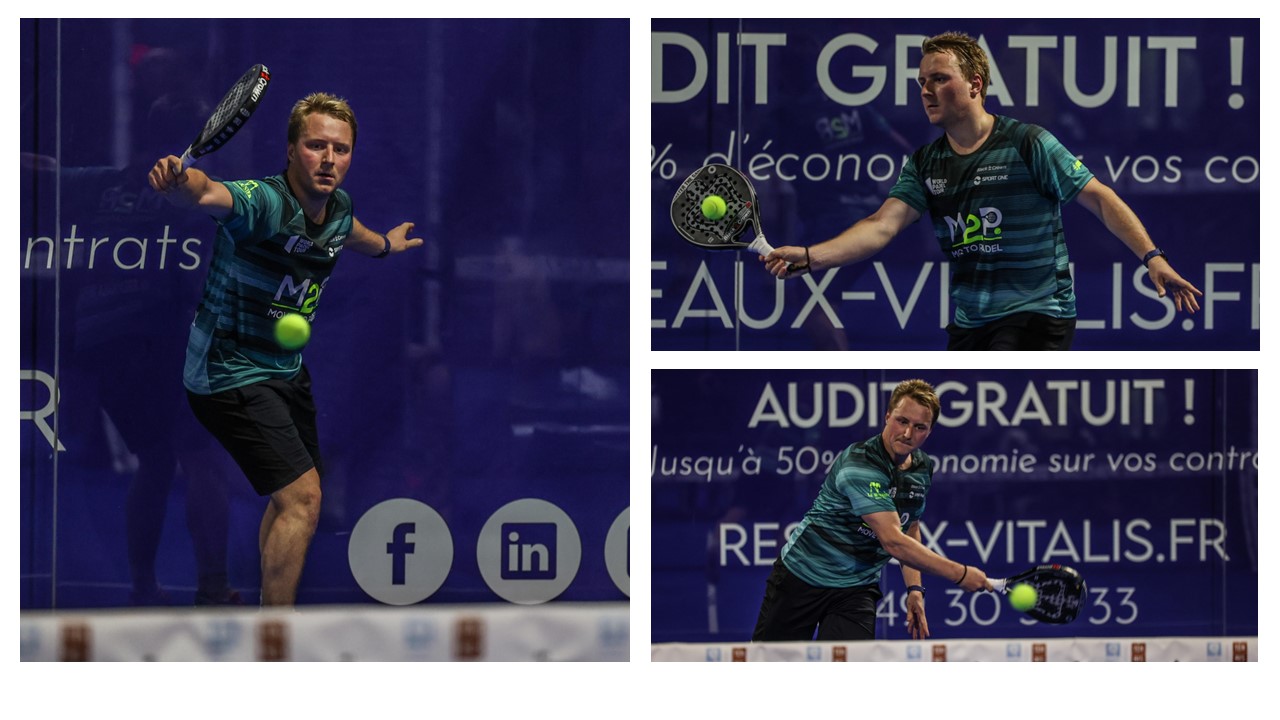 Jeremy Gala: “Promote the padel among young people in Belgium remains a challenge”
Jeremy Gala: “Promote the padel among young people in Belgium remains a challenge” The French Touch Academy organizes its selection day Padel-Study
The French Touch Academy organizes its selection day Padel-Study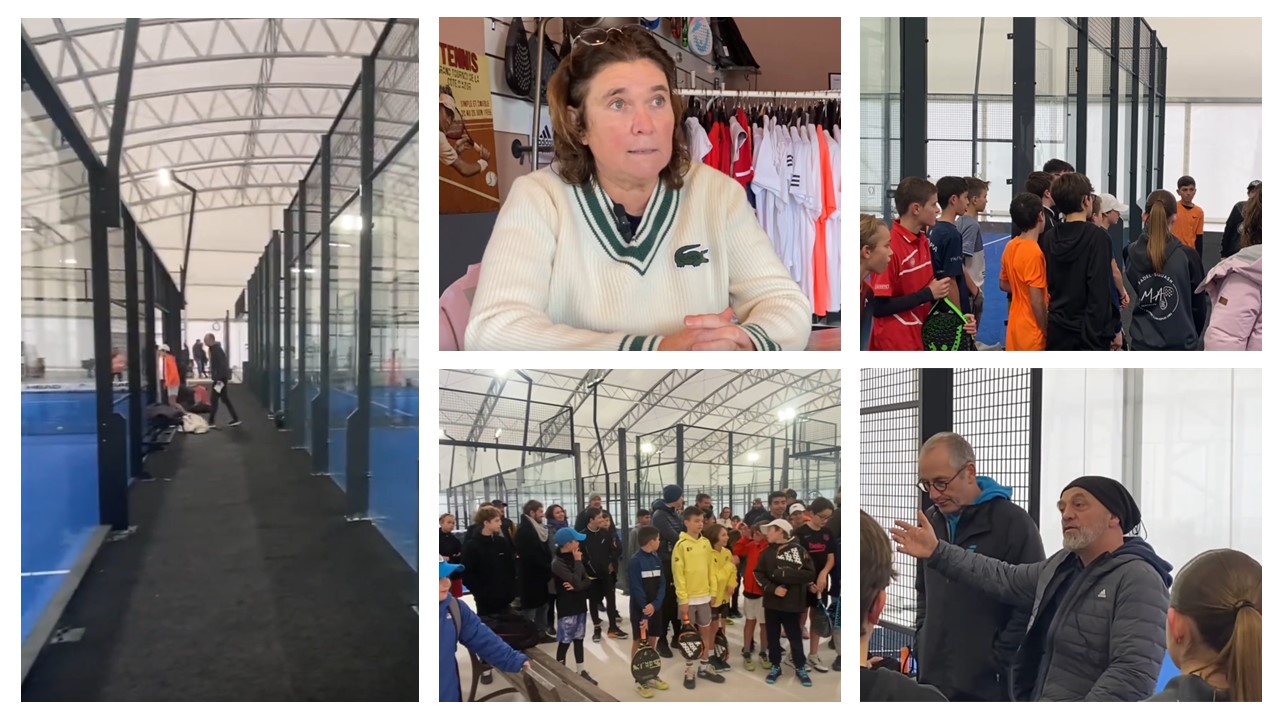 Report on the detection and training of younger generations
Report on the detection and training of younger generations